By Rick VanSickle
As we unveil our Most Thrilling Niagara Wines for 2023, it’s also a time to reflect on a year full of surprises in Niagara.
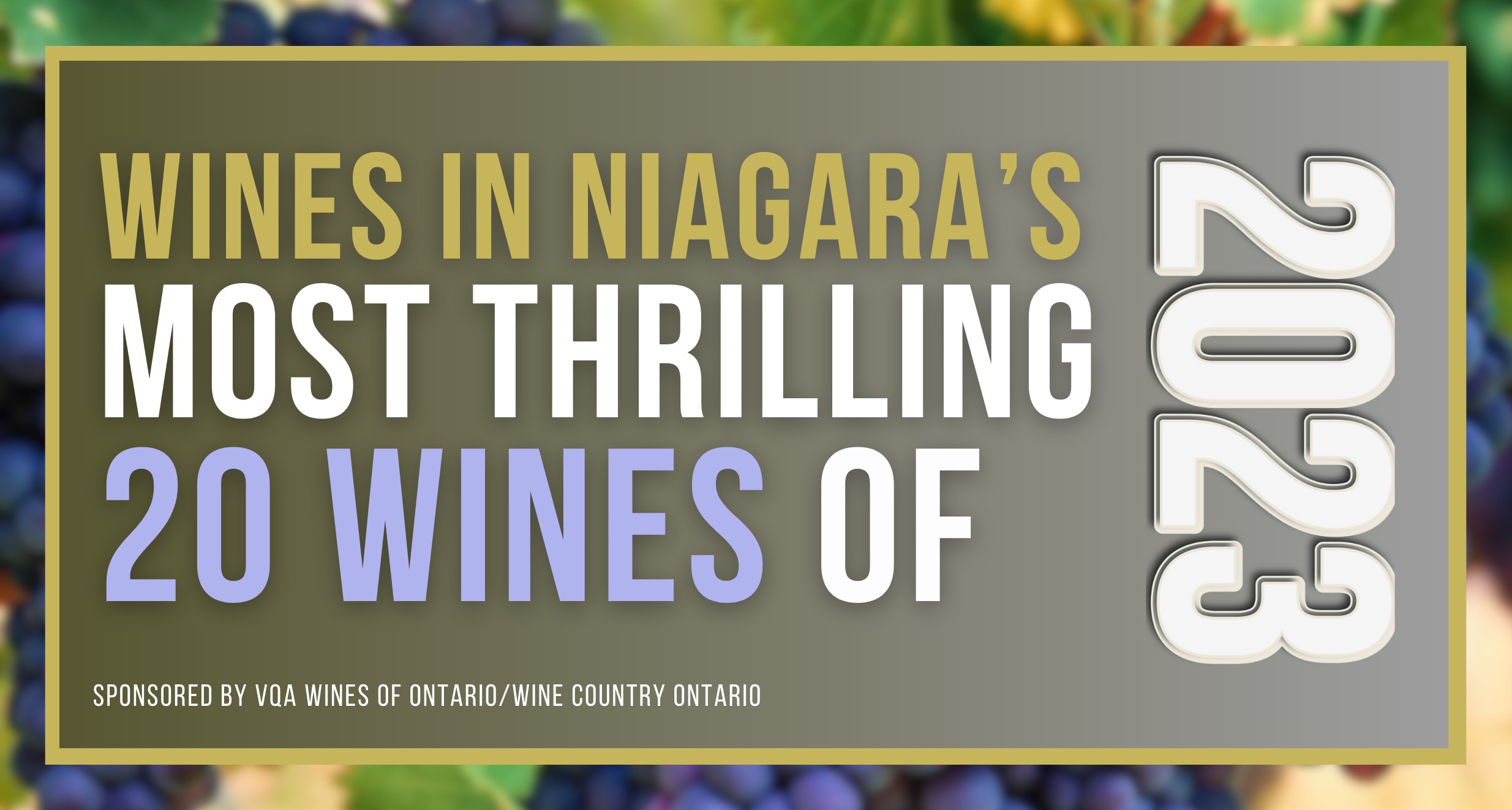
The 2023 harvest looked grim with wet weather plaguing vineyards in late summer, but a miraculous fall has some winemakers calling it an ideal year for classic Niagara wines. Meanwhile, the pain of a grape over-supply and uncertainty in the local wine industry was mitigated by an early Christmas gift from the Ontario government.
After a year of lobbying and endless meetings with stakeholders, Premier Doug Ford announced sweeping changes to how alcohol in Ontario will be retailed, including the elimination of the much-hated 6.1% basic wine tax at on-site VQA winery retail stores, and enhancement of the VQA Wine Support Program beginning in 2024-25 for up to five years.
Time will tell how other changes, most dramatically moving wine, beer, cider and RTDs to a wide-open grocery and convenience store sector, will benefit Ontario wineries, but most wineries and associations were excited with the news and are looking forward to a much brighter future.
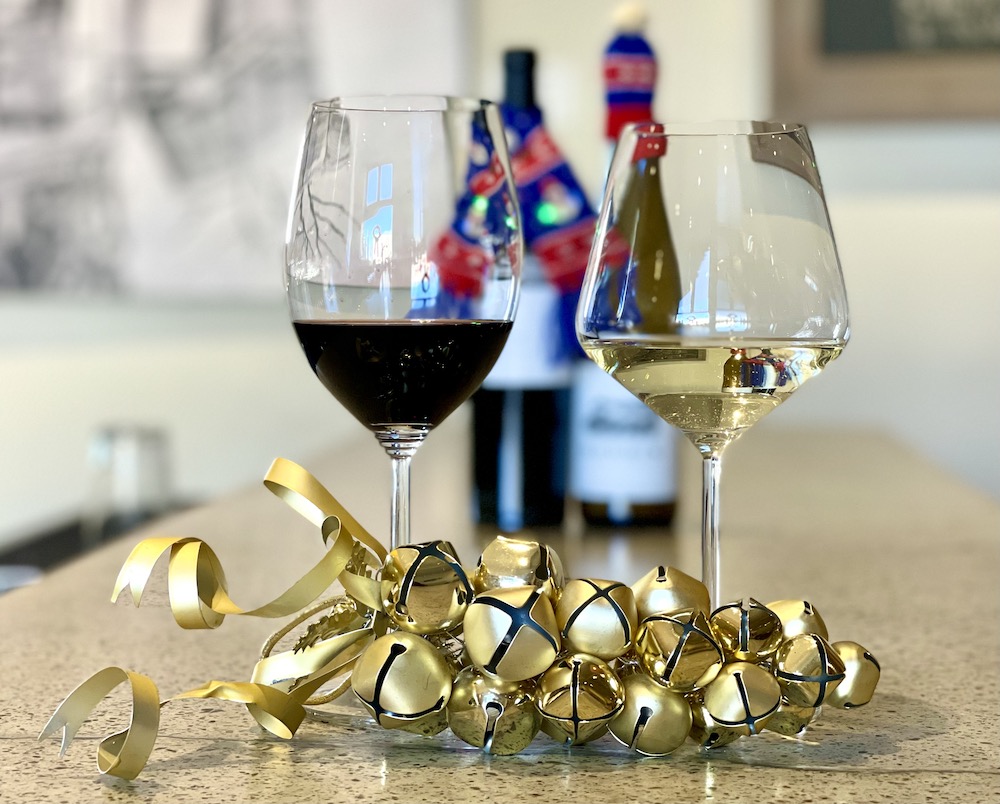
As this Most Thrilling Niagara Wines of the Year list, kindly sponsored by VQA Wines of Ontario/Wine Country Ontario, perfectly illustrates, quality continues to rise across all grape varieties and blends. That point was hammered home by an abundance of medals on the international stage and high-scoring reviews in influential wine magazines in 2023.
The Most Thrilling Niagara Wines of 2023 list leans heavily (again) on what seems like an infinite release of bottles from the near perfect 2020 vintage in Ontario, with 15 of the 20 wines, including all 10 red wines of the year, from that historic growing season. With quality up over past years, scores on average have also risen as have prices — by a lot. Only four wines, all white, were priced under $50.
As I remind readers every year, the Most Thrilling Niagara Wines of the Year list only represents a fraction of the wines released in 2023 in Niagara. While I prefer to taste wines in person with winemakers to get a feel for the people behind the wines, that isn’t always possible. Many of the wines tasted in 2023 were via sample, sent to my front door, for tasting and possible review. That is not how I prefer it, but sometimes it is necessary to gain a more complete grasp on what’s out there. It should also be noted, samples are sent unsolicited, and Wines in Niagara does not accept requests for paid-for reviews (you have a plenty of options for that). The revenue for Wines in Niagara is 100% derived from the support of our advertisers (thank you!), and not the Google kind, real advertisers, real people supporting real local journalism.
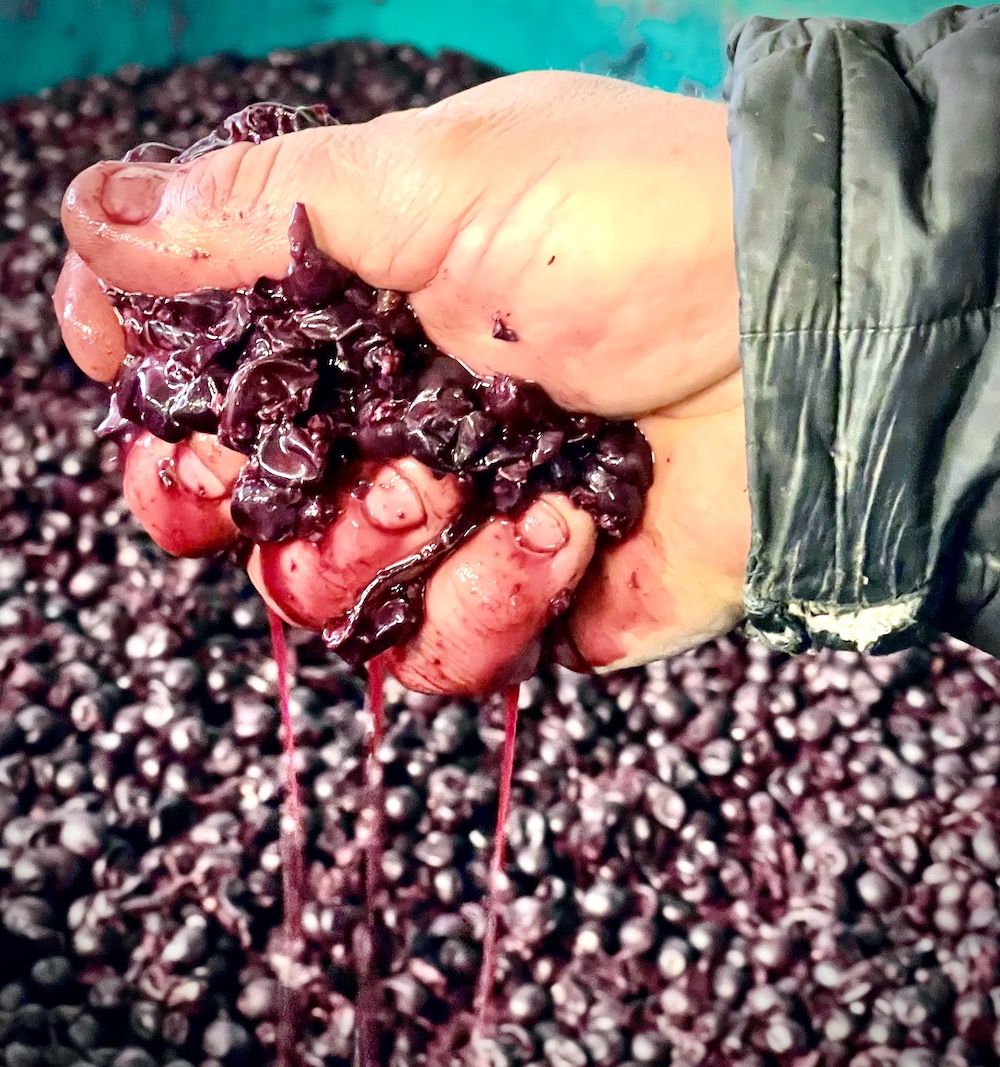
If I had it my way, in a perfect world, I would taste all wines in a dimly lit barrel cellar, on a picnic table surrounded by grape vines with the people who made the wines, or on my back porch with the winemaker or principal from the winery, so I can get a better understanding of what they were trying to achieve with the wines before us. I crave the human connection to wine rather than the antiseptic nature of tasting wines alone in my living room with a spittoon and a very needy dog vying for attention.
I come from a history of loving annual best-of wine lists and chasing the wines that catch my eye. I like that they are varied, and no two lists ever the same. I think you will find that with the choices below.
This is the 15th consecutive year for this compilation. I’m quite certain that there is no other annual wine list in Canada that has that kind of continuous longevity. I laboured over it for weeks, adding, subtracting, and slashing the list down to the No. 1 red and white wines of the year and the rest of the 18 most thrilling wines of 2023, any one of which could have been the No. 1 wine.
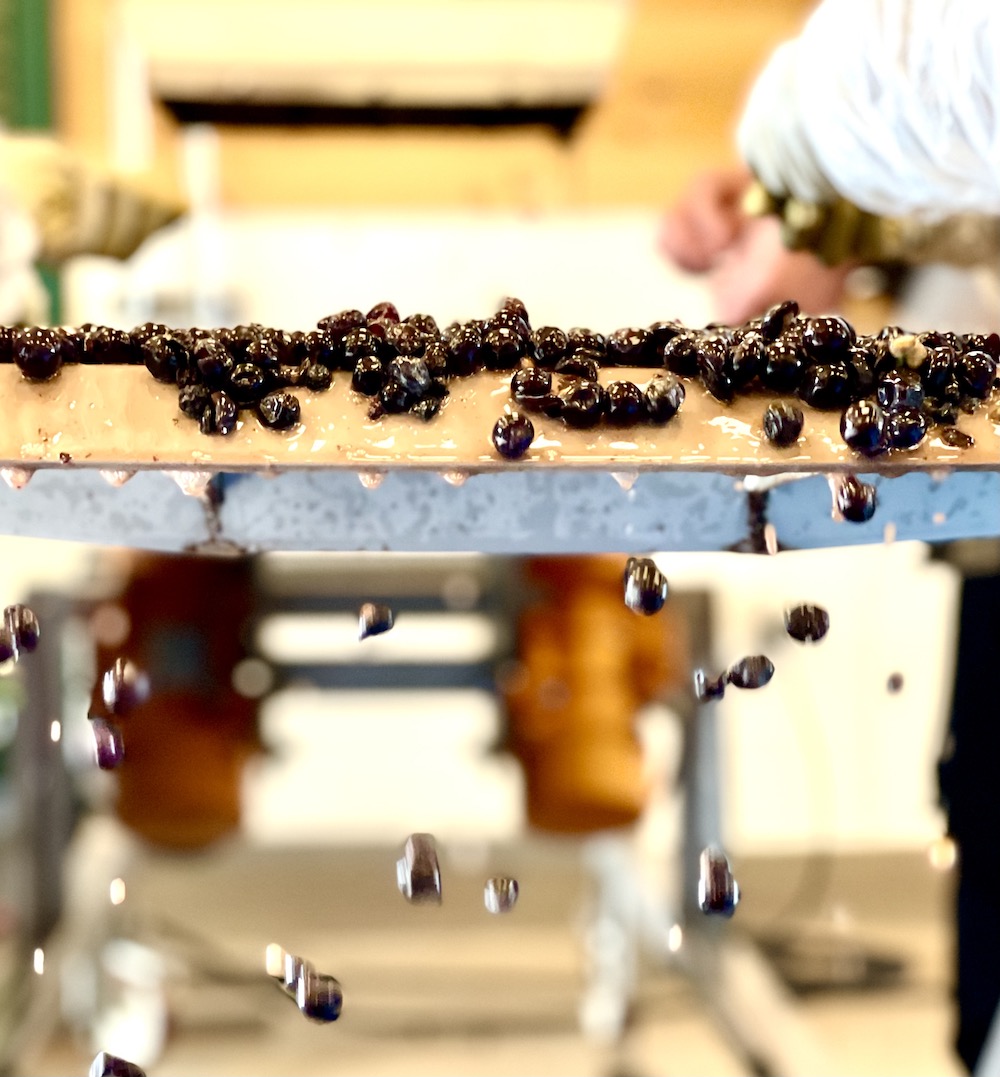
Heavy on my mind when constructing a list like this are two crucial questions that need to be top of mind: Is the list representative of what Niagara does best? Does it fairly represent all Niagara wines?
I think that depends on what you like to drink. The list is liberally sprinkled with the Big Four Niagara varieties — Chardonnay, Riesling, Pinot Noir and Cabernet Franc — but it also has some surprises this year with a dominance of Bordeaux variety blends from the 2020 vintage, with several of the top wineries releasing their flagship wines. There are more than a few repeat wineries on this list, partially a reflection of where I go and taste in my travels around Niagara, but also because they are consistent vintage to vintage at the top end. And, let’s face it, many wineries in Niagara don’t appreciate having critics sniffing around their wines, or look to other sources who appeal to an audience they prefer to target. And that’s fair.
This “best of” list is garnered from the hundreds of wines tasted and reviewed on this website since last January right up to Dec. 25 in over 110 separate posts.
This is a subjective list that is culled from the wines that I have tasted, some re-tasted, and others even re-evaluated. It is based on the thrill factor and not necessarily on points given (although the average score of the wines on this list is 95.0, up from 93.6 in 2022). I realize that not all palates align with mine and there will be some wines that might raise an eyebrow or two. That is exactly what makes wine enjoyment so fascinating.
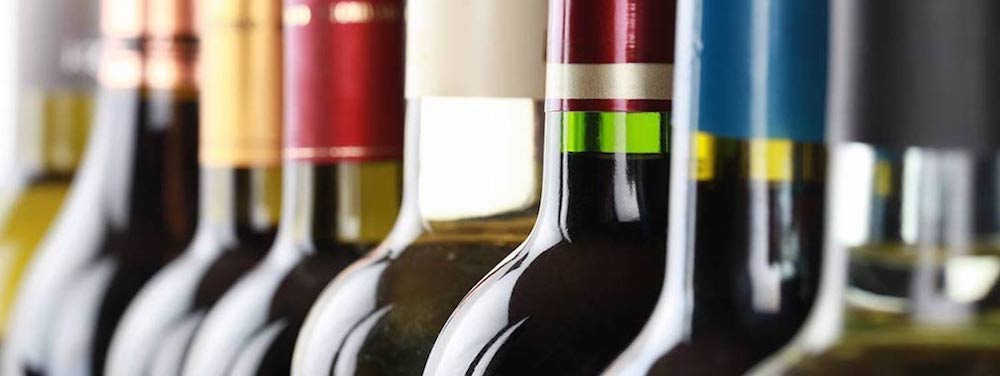
I have also a few self-imposed rules for the list (this is not a democracy over here!).
• Spread out the love, which means only one appearance on the list per winery (which I have done, but there is some repetitiveness with winemakers);
• 10 Chardonnays or 10 Rieslings or 10 Pinot Noirs or 10 Cabernet Francs would be boring, think outside the box (that being said, the list is dominated by red blends and Chardonnay in 2020, sorry);
• The 10 Most Thrilling Niagara Red and white wines of 2023 are listed in reverse alphabetical order (except the top red and white wine) with the original scores included.
• Not all these wines are likely to be available, but no wines were eliminated due to them selling out.
So, without further ado …
The Most Thrilling Niagara Red
and White Wines of the Year are …
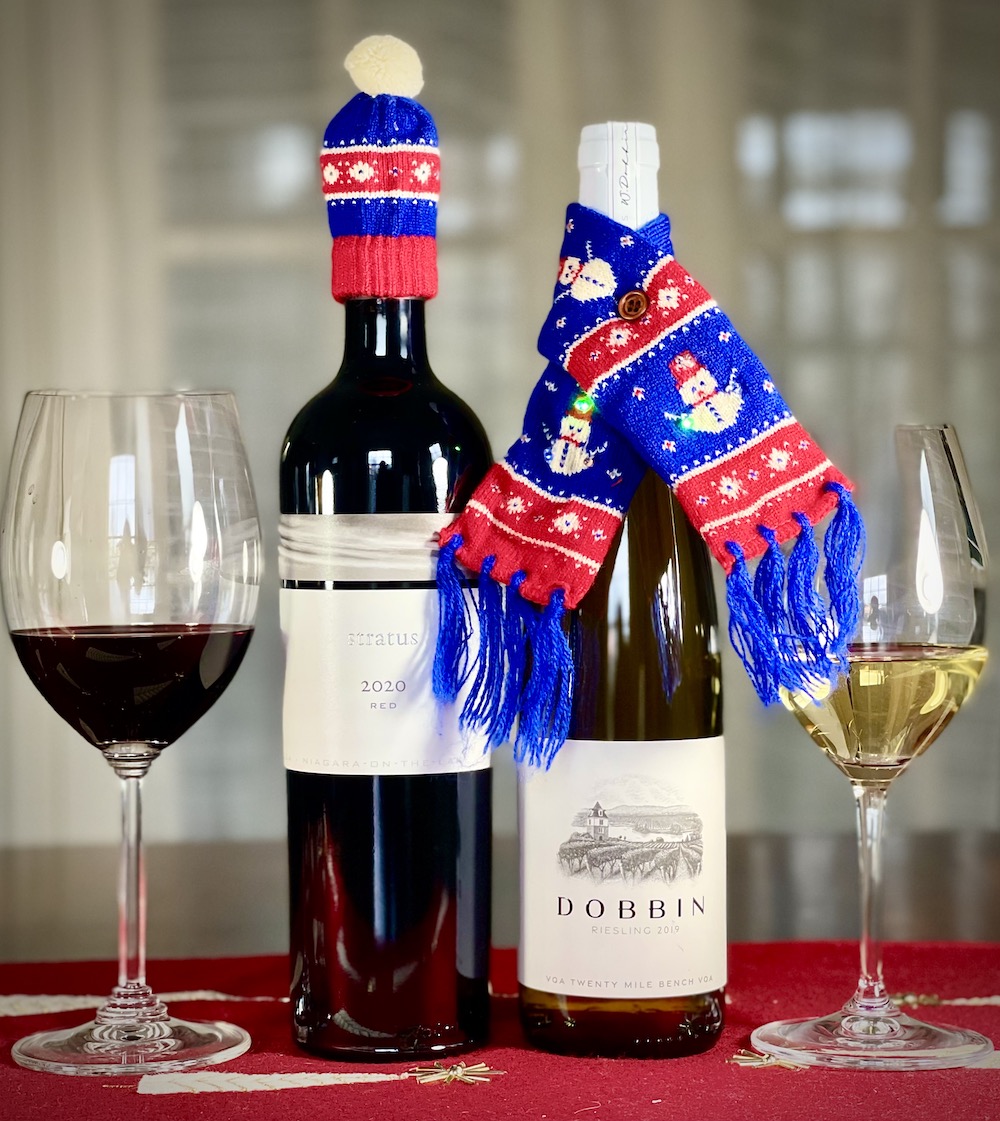
The Most Thrilling Niagara Red Wine of the Year is the Stratus White Label Red 2020 and the Most Thrilling White Wine of the Year is the Dobbin Estate Riesling 2019.
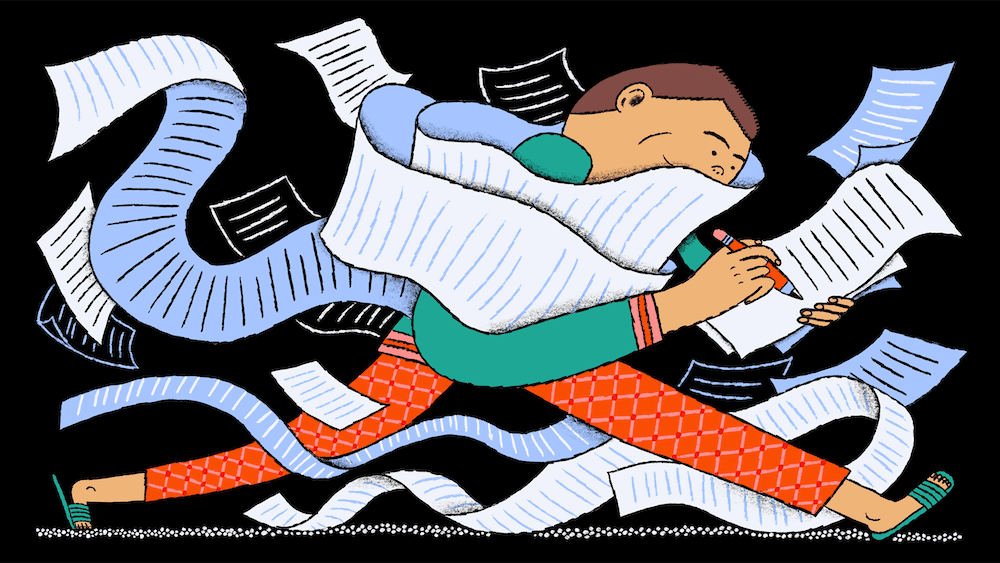
Fun with numbers
• Total price of white wines on this list: $651 (up from $533 last year);
• Total price of red wines on this list: $848 (up dramatically from $479 last year);
• Most expensive white: $135, Ravine Vineyard Vintage 2011 Sparkling;
• Least expensive white: $25, Vineland Estates Rocket Riesling 2022;
• Most expensive red: $145, Stratus White Label Red 2020;
• Least expensive red: $50, Bella Terra Meritage 2020;
• Average price for all wines on both lists: $74.95, up significantly from $50.60 last year;
• Average score Wines in Niagara awarded the red wines: 95, up from 93.6 last year;
• Average score Wines in Niagara award the white wines: 94.6, up slightly from 94.2 last year;
• What it would cost for you to buy them all: $1,499.00, a big jump from the $1,012 last year;
• Number of Chardonnays on the list: 7 (there were 8 last year);
• Number of Rieslings on the list: 2 (same as last year);
• Number of Pinot Noirs on the list: 2 (there were 5 last year);
Number of red blends on the list: 7 (largest number in 15 years);
• 11 of the wines are from the west of the canal, and nine are from east of the canal
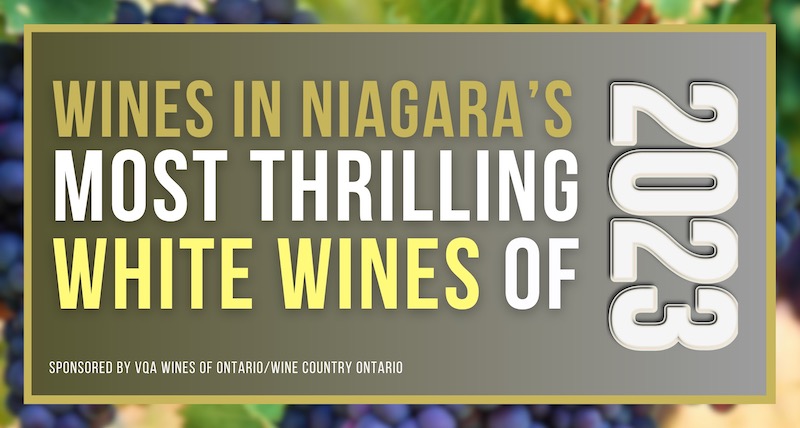
The Most Thrilling Niagara
White Wine of the Year
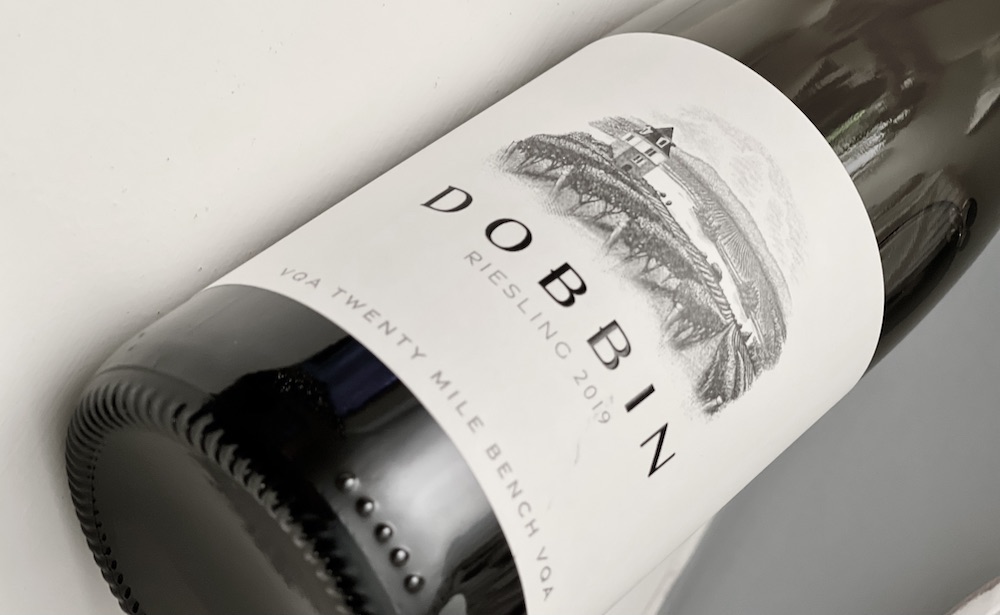
It’s been a while since a Riesling landed in the top spot of our Most Thrilling Wines of the Year list, and trust me, this is no pity pick for a grape that has fallen on hard times with consumers lately.
If Riesling is to find its way back into the good graces of wine lovers, it must be treated seriously in the vineyard, in the cellar and in the bottle. The newbie Dobbin Estate, under the guidance and care of winemaker Peter Gamble and viticulturist Ann Sperling, the husband-wife team who had a hand in five wines on this list, has set its sights on Riesling as one of its superstar varieties, along with Chardonnay, Cabernet Franc, and Pinot Noir. It’s made with purpose, utilizing multi picks, a selection of botrytis affected grapes and a combination of vessels for fermentation and aging. It truly is a marvel, a style that will appeal to serious Riesling lovers and, hopefully, inspire a new generation of winemakers to get Riesling the recognition it so richly deserves.
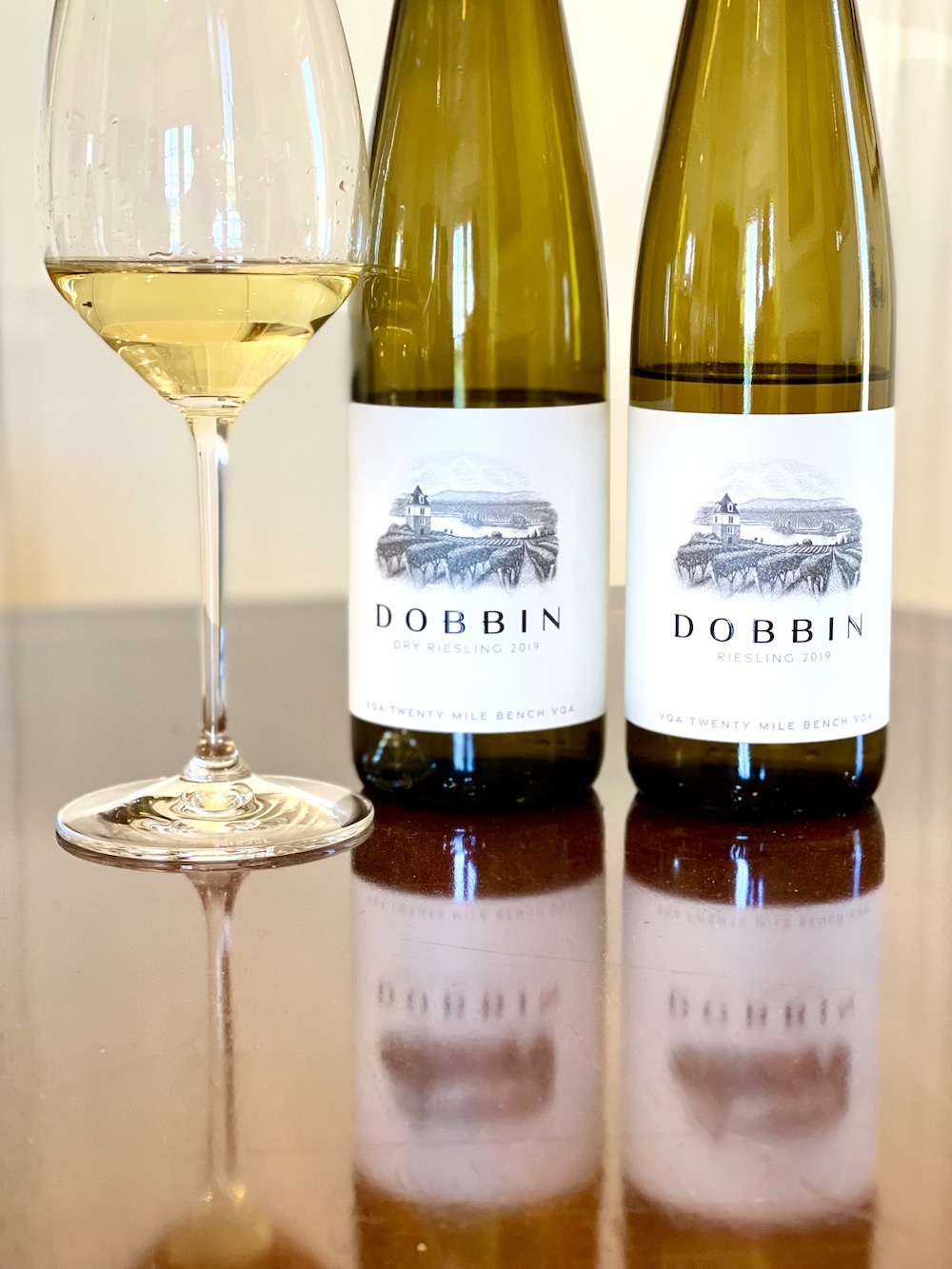
Dobbin Riesling 2019 ($65, 95 points) — This shows the kind of serious style of Riesling Gamble and Sperling are zeroing in on from estate vineyards, in this case, the small Charlene Vineyard on the western part of the property nestled in the heart of the Twenty Mile Bench. It’s the result of several different pick dates and collecting portions of botrytis affected grapes (20%) during the harvest for separate vinification in a mix of stainless steel and neutral larger format oak barrels. The RS is a modest 10.5 g/L, and 107 cases were made. This is incredibly complex and keeps changing on the nose and palate as you go back to it. Lemon-lime emerges on top then wild alfalfa honey, green apples, pears, fuzzy peach skin, and subtle apricots and stony minerality. It has a fine mineral edge on the palate with flint and lanolin followed by fresh apples, peach tart, zesty lemon-lime, a hint of wild honey (not sweet) and a racy, lingering, electric finish that will keep this delightfully complex Riesling in fine form for a decade or more.

The thrill factor: I have a soft spot for Niagara Riesling, but it has an identity problem in Niagara. Consumers have simply given up on it and a shocking surplus of Riesling grapes in 2023, more than any other variety, is cause for great concern. Dobbin is taking steps to bring it back into fashion with two absolutely stunning Rieslings — one labelled “dry” and this one with a bit more residual sugar — in the debut lineup. Let’s hope this Niagara-loving grape can climb back to the status it so richly deserves.
The rest of the Most Thrilling
Niagara White Wines of the Year
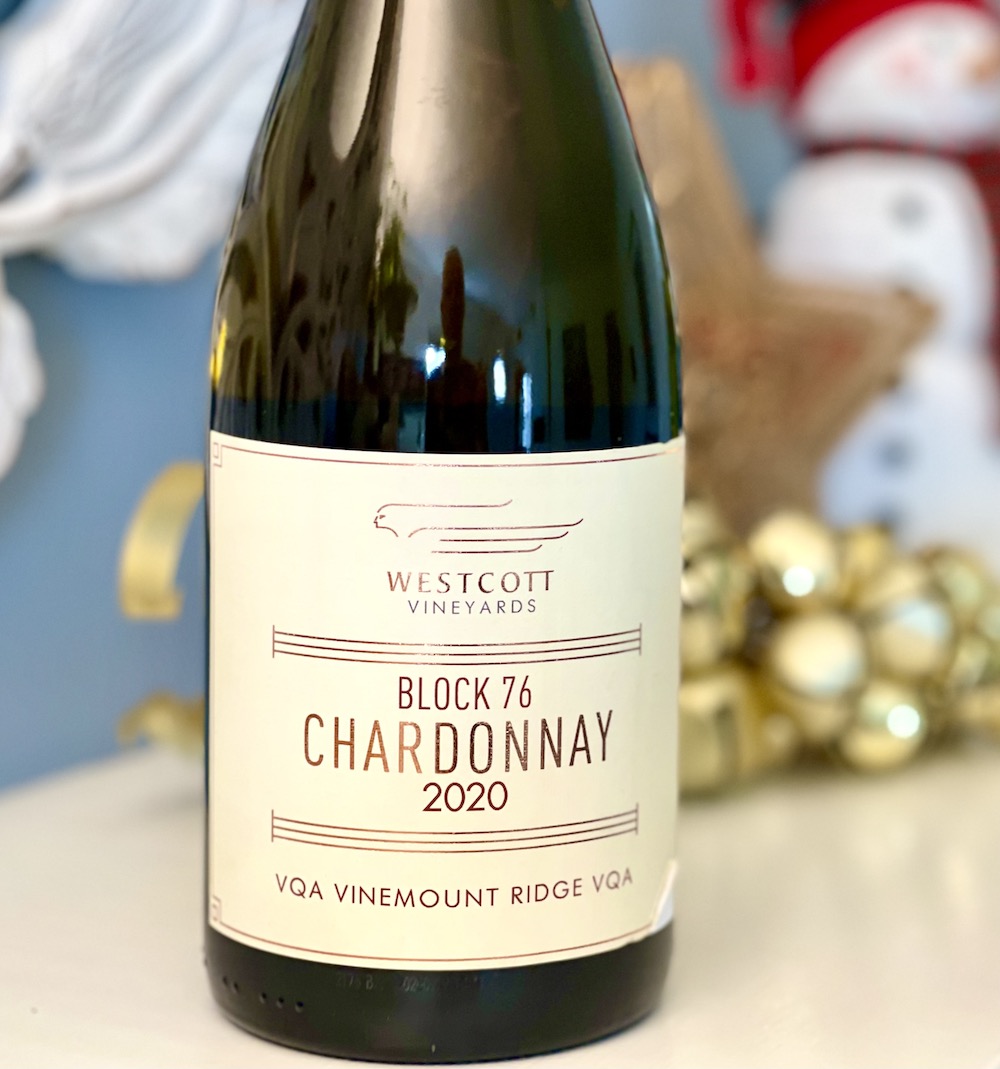
Westcott Block 76 Chardonnay 2020 ($48, 95 points) — The fruit is hand-picked from the one-acre block on the Home Farm vineyard on the Vinemount Ridge. It’s whole cluster pressed and barrel fermented in neutral oak and aged for 16 months before being bottling unfiltered. The nose shows an impressive flinty/saline note to go with ripe pear, bright lemon, subtle creamy notes, and fine oak spice. It has a creamy texture on the palate and robust stone fruits, lemon tart, underlying flinty notes, perfectly integrated spice, layers of pleasure and a firm vein of acidity guiding this beauty through the long, contemplative finish. A very fine Chardonnay that will reward with 5+ years in the cellar.
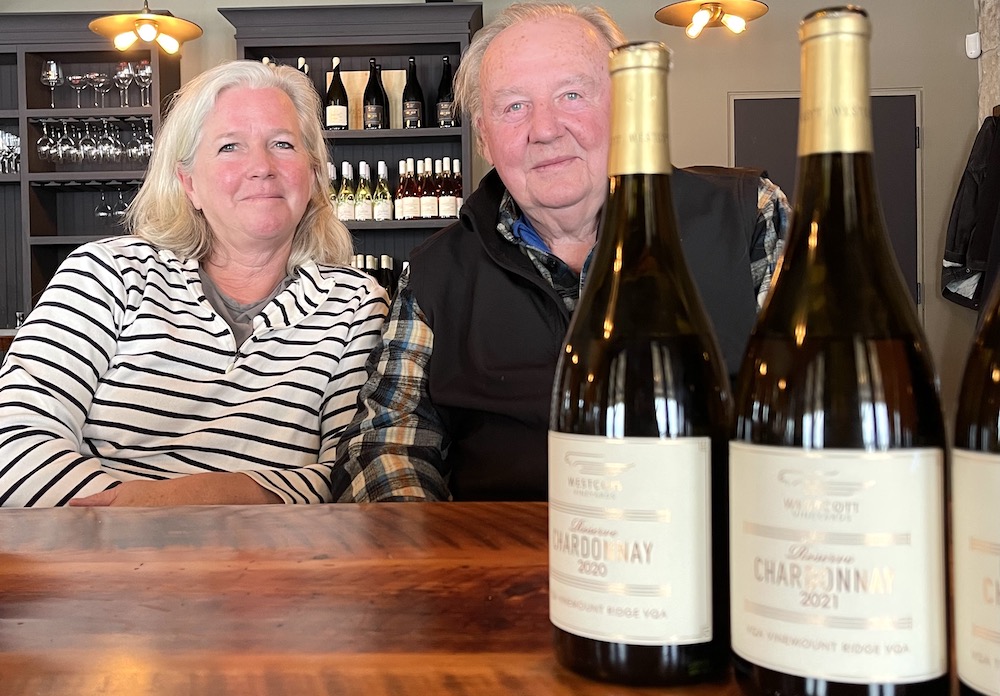
The thrill factor: There’s something about this single-block, single-vineyard Chardonnay that absolutely appeals to my palate. This is the second straight year for the Block 76 Chardo to appear here, and for good reason — it hits all the right notes. In a relatively short period of time, Westcott owners Carolyn Hurst and Grant Westcott, along with winemaker Casey Kulczyk, have developed a terroir-driven portfolio with the varieties best suited to the soil and climate of the Vinemount Ridge and Twenty Mile Bench.
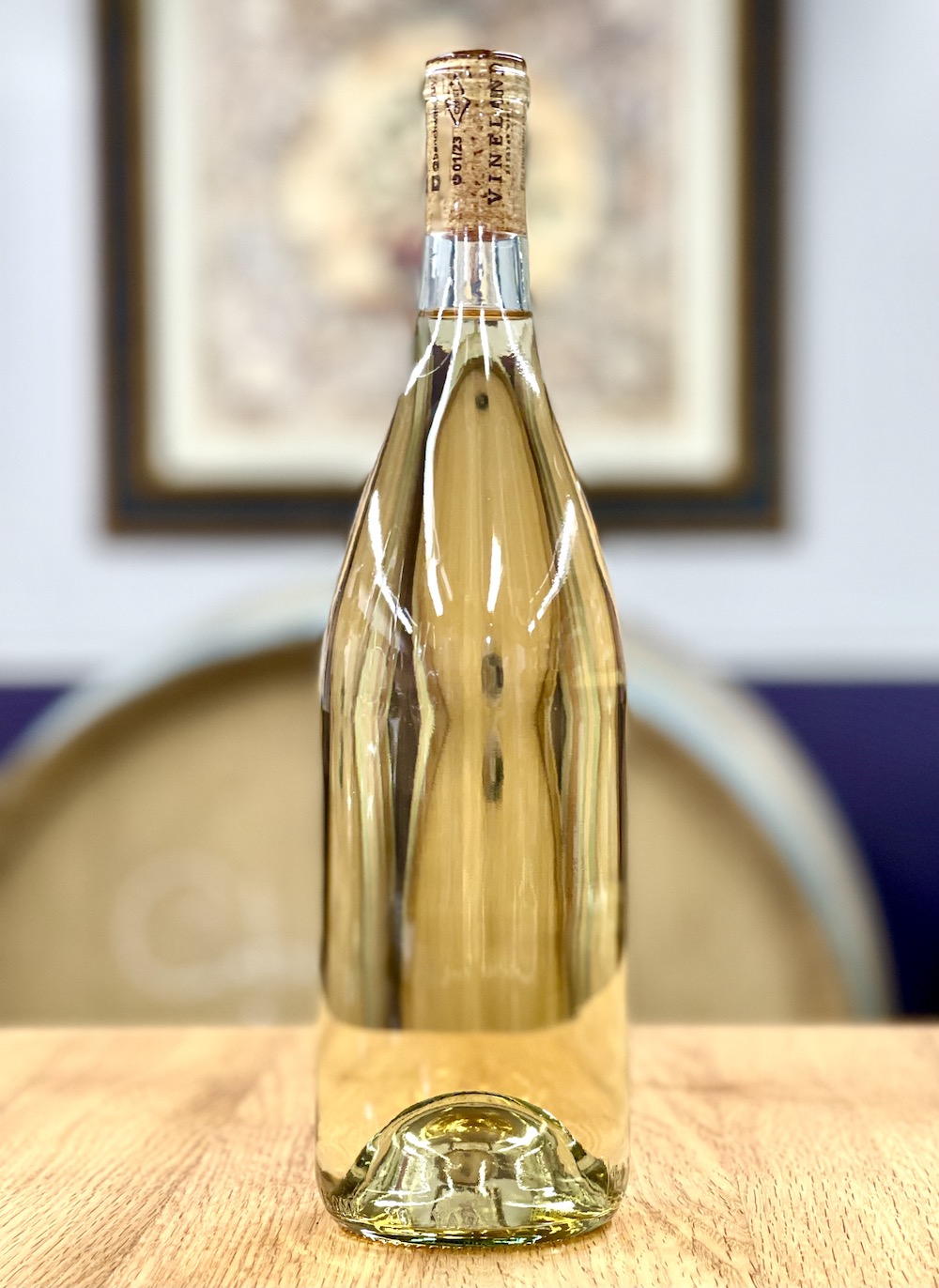
Vineland Estates Rocket Riesling 2022 ($25 range, only available to club members in 2024, 93 points) — This is a one-of-a-kind, out-of-this world Riesling, made from the same vineyard and block as the iconic St. Urban Elevation Riesling but with a BIG difference. It’s an experimental wine from a single yeast cell grown in the absence of the sun’s radiation and raised in zero gravity three kilometres underground in the SNOLAB, a world-class science facility located in the operational Vale Creighton nickel mine in Sudbury (a sister sample was sent to NASA and launched into deep space on a rocket ship to compare with the zero-gravity sample Vineland got). Vineland’s sample was put into a 600 L tank wrapped in a space blanket deep in the cellars at Vineland Estates. Winemaker Brian Schmidt wanted to ferment the Rocket Riesling to complete dryness, which added time to the project. The result is a much deeper shade of gold in the glass and has radically different attributes in the glass compared to the Elevation wine from the same vintage. Are the differences because of yeast? Or is it the long fermentation? Very hard to ascertain and hopefully the scientists have enough data from Schmidt to make a call at least on the science behind that. The nose is profoundly minerally driven with notes of white flowers, lemon oil, crisp apple, peach, and lime cordial. On the palate it is rich, ripe, and layered with fleshy peach, apricot, and lime/citrus with stony minerality, lanolin, and a zesty, lifted finish.
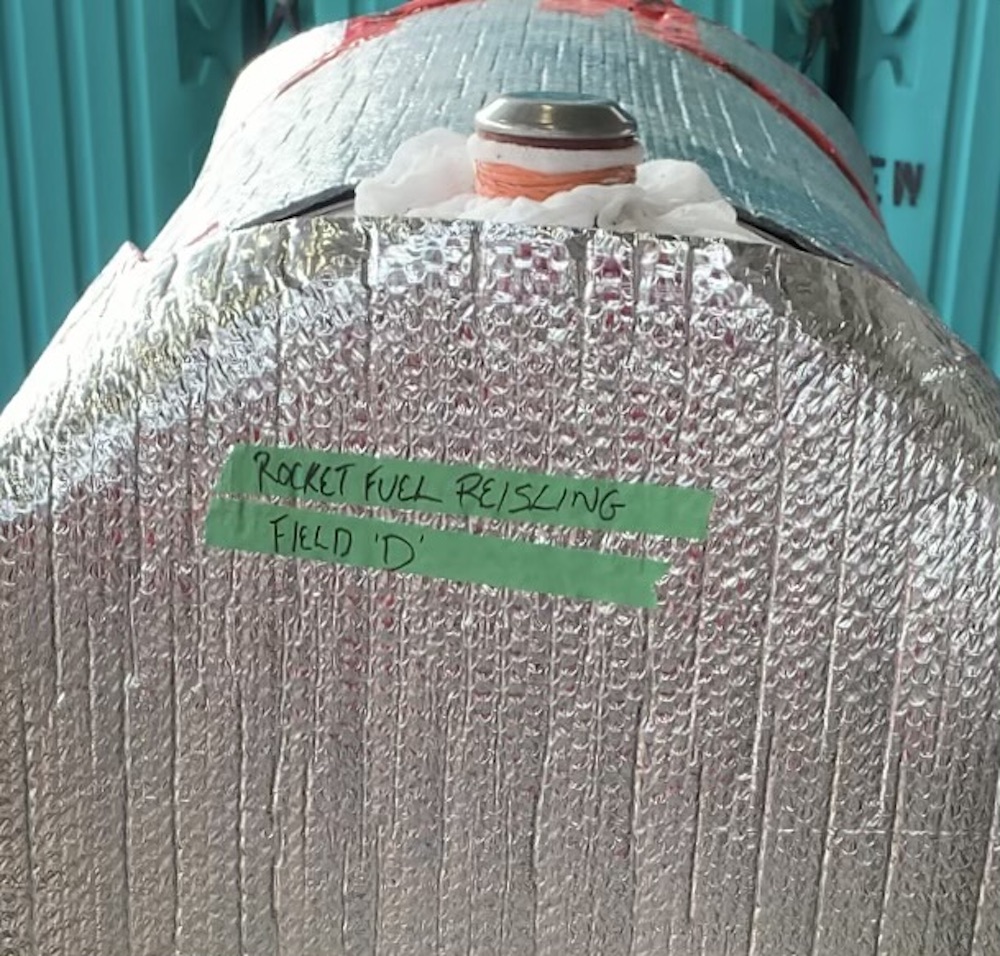
The thrill factor: I retasted this wine Schmidt on Dec. 19 and was even more impressed with it. He would likely not agree that this is the most thrilling wine he released in 2023, that would go to one of his beloved Cabernet Francs, but, hey, this is my list! Sometimes the thrill factor comes from a story as fascinating as this, the innovation, and the intrigue in combination with the end result. There is no photo with the label as it is awaiting VQA approval and, believe it or not, approval from NASA to use its logo on the bottle. Now, that’s a first!
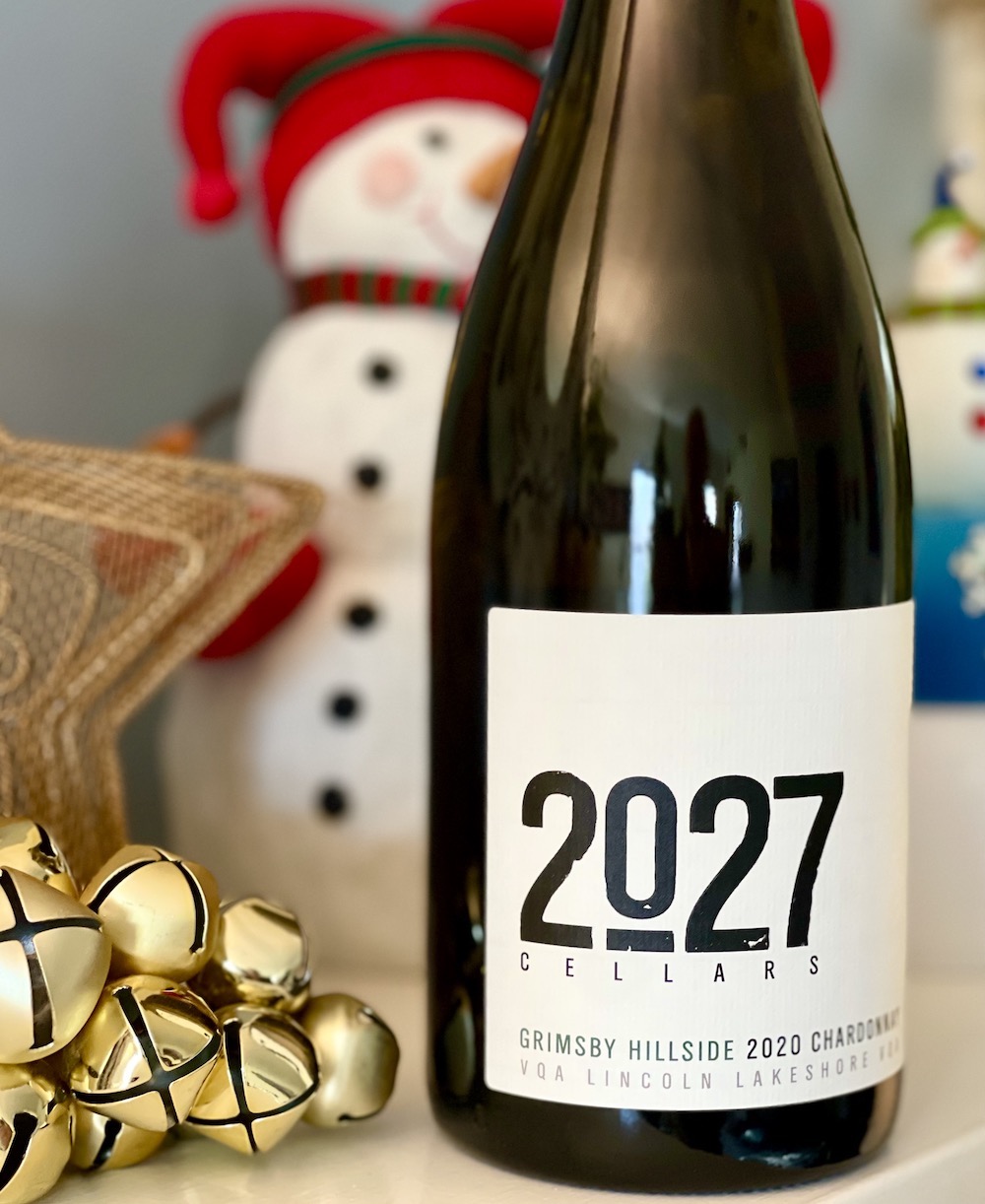
2027 Cellars Grimsby-Hillside Chardonnay 2020 ($40, 94 points) — This Lincoln-Lakeshore sub-appellation, where winemaker and brand owner Kevin Panagapka sources this Chardonnay, is gaining quite the reputation for its terroir-driven wines, with 2027 Cellars, Thomas Bachelder and Leaning Post (among others) all crafting stellar Chards from this vineyard. “I think it’s got some amazing potential,” said Panagapka. The fruit for the 2027 version is hand harvested, whole cluster pressed, wild fermented (but no malo) and aged for 18 months in 20% new Burgundian oak. It’s tightly wound right now, but let it breathe and notes of fresh pear, saline/flinty minerality, apple skin, bergamot, and a lovely, balanced approach to the oak spice accents emerge. It opens up on the palate and shows some weight with richer pear, yellow apple, toasted almonds, vanilla bean and spice, flinty/stony notes and pure elegance and finesse on the lifted and long finish. Such a beautiful expression of Niagara Chardonnay, but please give it some time. Can cellar 5+ years.
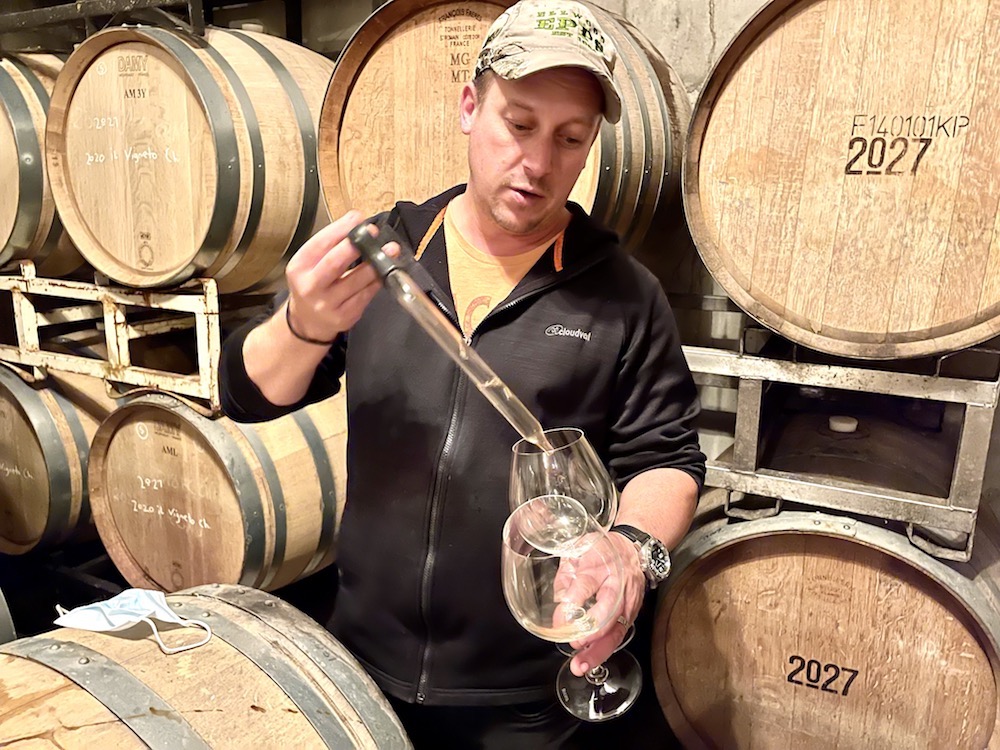
The thrill factor: Panagapka is part of a small band of talented winemakers who spend a great deal of time and energy sourcing the best vineyards in Niagara for Chardonnay, Pinot Noir, Riesling, Gamay, and Cabernet Franc. What amazes me, is the skill of each winemaker to take the same fruit and give it a style that’s their own. That’s on full display with this thrilling Chardonnay.
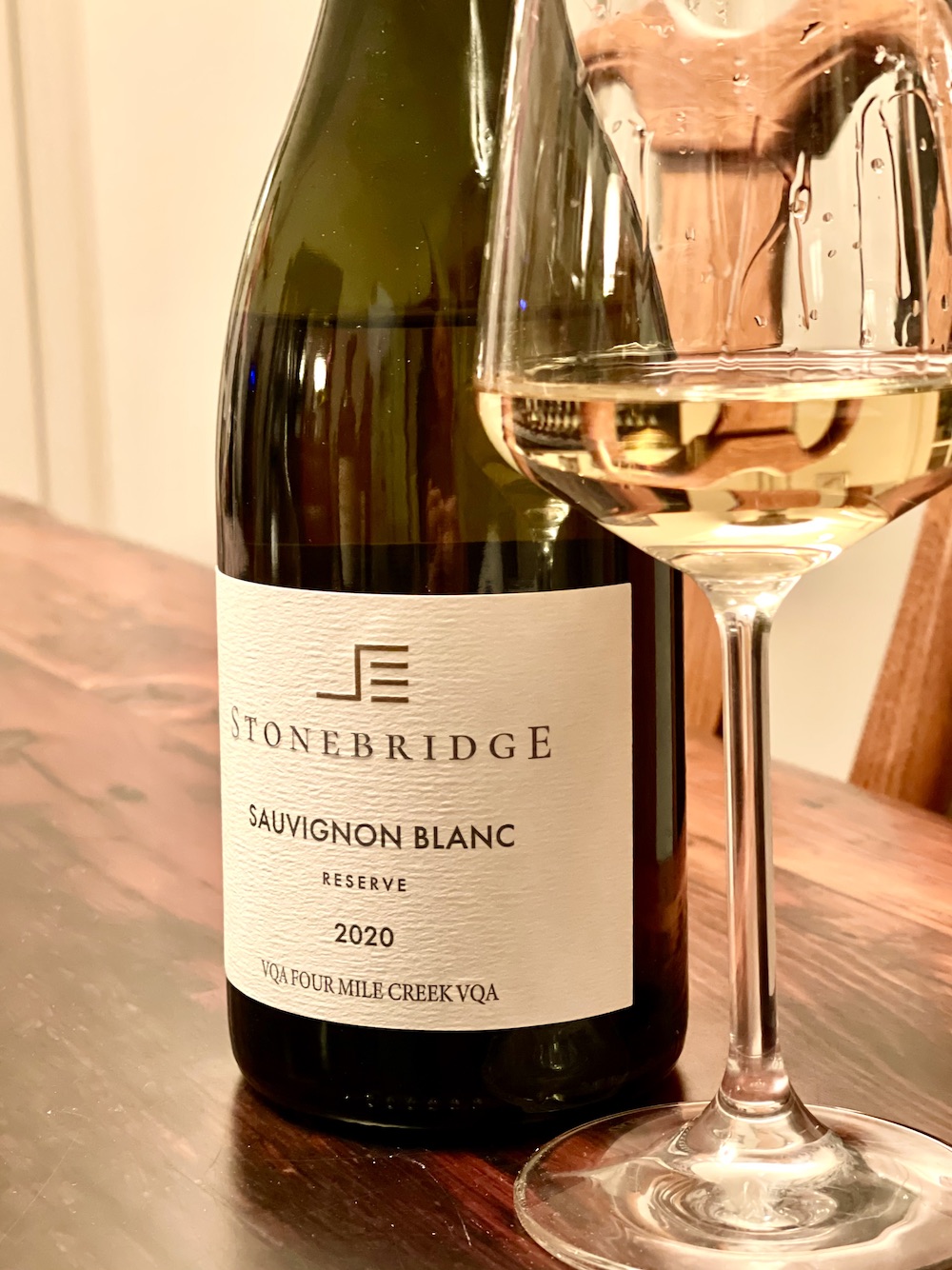
Stonebridge Vineyards Sauvignon Blanc Reserve 2020 ($78, 95 points) — This unicorn Savvy spent 18 months in barrel and was finished with 22 g/l of RS and 14.8% abv. The fruit was partially botrytised, picked at an unheard-of quarter of a tonne per acre and mostly single berry harvested and sorted. Only 165 cases of this wine were made. The first thing you notice on the nose of this wine is the fact that it does not resemble any Sauvignon Blanc you have ever smelled. It’s not grassy or herbaceous and falls more in line with a mash-up of Sauternes (the Semillon part), Alsatian Pinot Gris, and Sancerre. It’s probably more correct to say it has its very own profile, a unique and enthralling Niagara white wine born of discovery and creative winemaking. The first thing you notice is the lovely golden colour in the glass and then an incredibly aromatic nose of apricot tart, honeysuckle, lemon curd, baked peaches, nectarine, honeycomb, and baking spices. It is full-bodied and generous on the palate with a silky, unctuous, and creamy texture that oozes apricot, peach pie, dried stone fruits, wild honey and ginger that is rich and layered with complex flavours and moderate acidity holding it all together. It is an elegant, decadent, and luxurious white wine with toasty barrel oak spices and weight that hides the 14.8 abv. This will cellar nicely for 5+ years (I would personally push that beyond 5 years) and will reward those with patience. But I can see how it might be too irresistible to wait on it. A blockbuster wine.
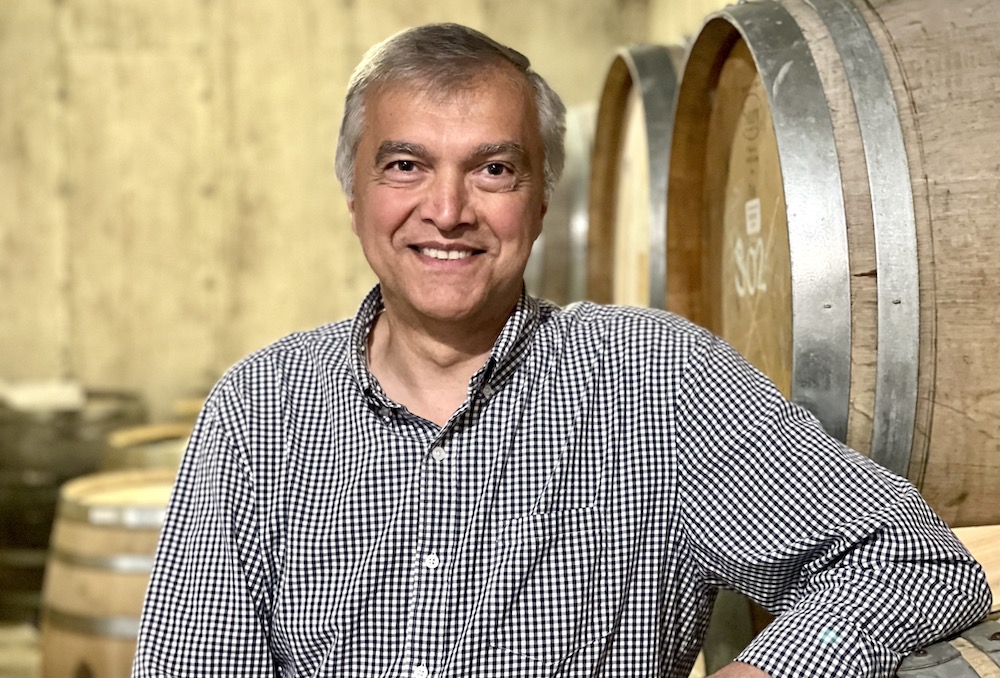
The thrill factor: Another wine made by the Gamble and Sperling team (in life and winemaking!). This was an exhilarating wine to taste as it is so unique. And to think the grapes were almost left to rot on the vine if Gamble didn’t come along and see the botrytised fruit abandoned in a vineyard, ask the grower for permission to harvest it, and then hand pick each berry by hand for this special Stonebridge project, owned by Faik Turkmen (above) under the Lailey umbrella. Crazy. Is in crazy good.
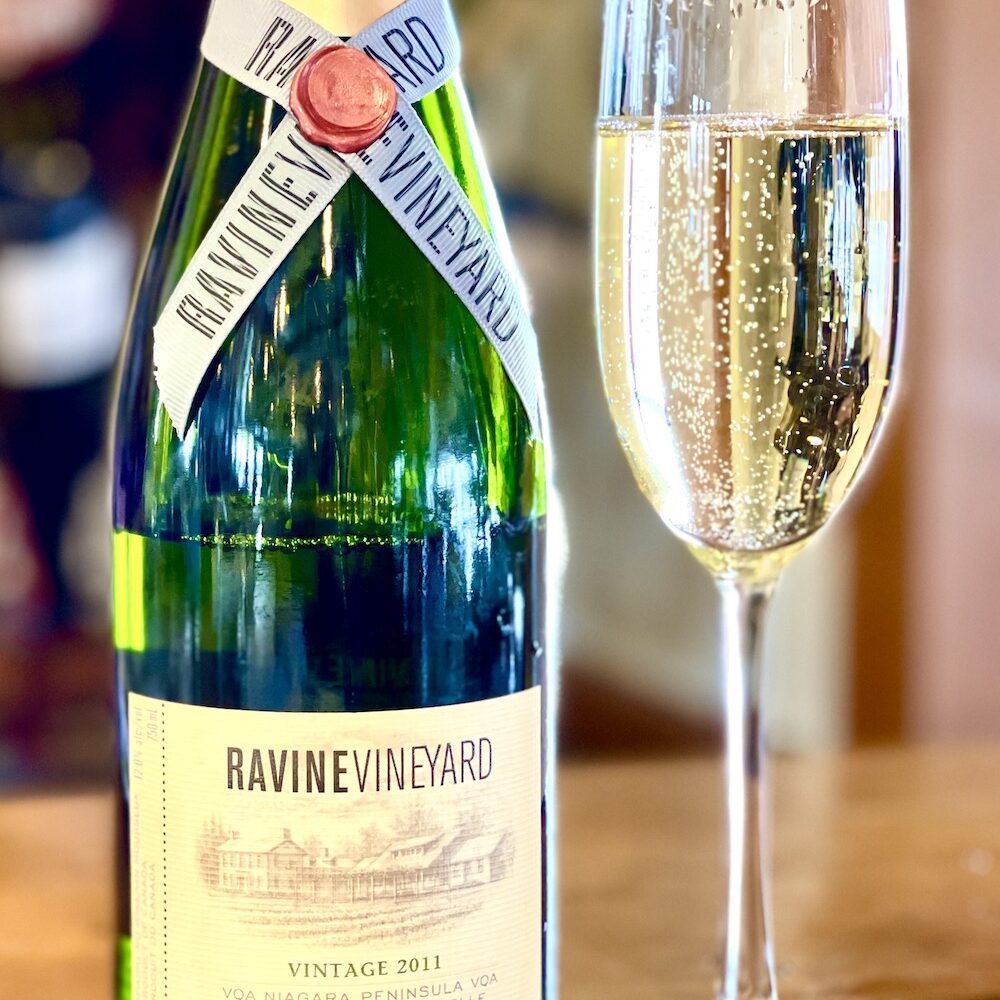
Ravine Vineyard Vintage 2011 ($135, 95 points) — The fruit for this traditionally-made 100% Blanc de Blanc Chardonnay sourced from the Twenty Mile Bench was hand-picked at 18.7 Brix and sat mostly undiscovered on its lees for 10 years before being “found” by winemaker Lydia Tomek and disgorged last November. A modest dosage was used, and the wine was finished at 1.7 g/l of RS, an extra dry style. The first 50 bottles were hand labelled with red ribbon and a wax imprint of Tomek’s thumb, the rest have new labels. It shows a light golden colour in the glass and a surprisingly robust bubble in the glass for a wine that has sat on its lees for a decade. The expressive nose is a complex and exciting array of toasty brioche, creamy pear, lemon tart, autolytic notes, roasted almonds and freshening saline notes. The vigorous bead on the palate props up the pear/apple fruits, subtle flinty/stony notes, warm nutty/brioche, and bright citrus. The texture is rounded and creamy but benefits from a firm vein of acidity through a lifted and persistent finish. Just a beautifully aged, bone-dry sparkling wine and a rare treat for consumers. Can easily cellar for 5+ years for further development of tertiary notes.
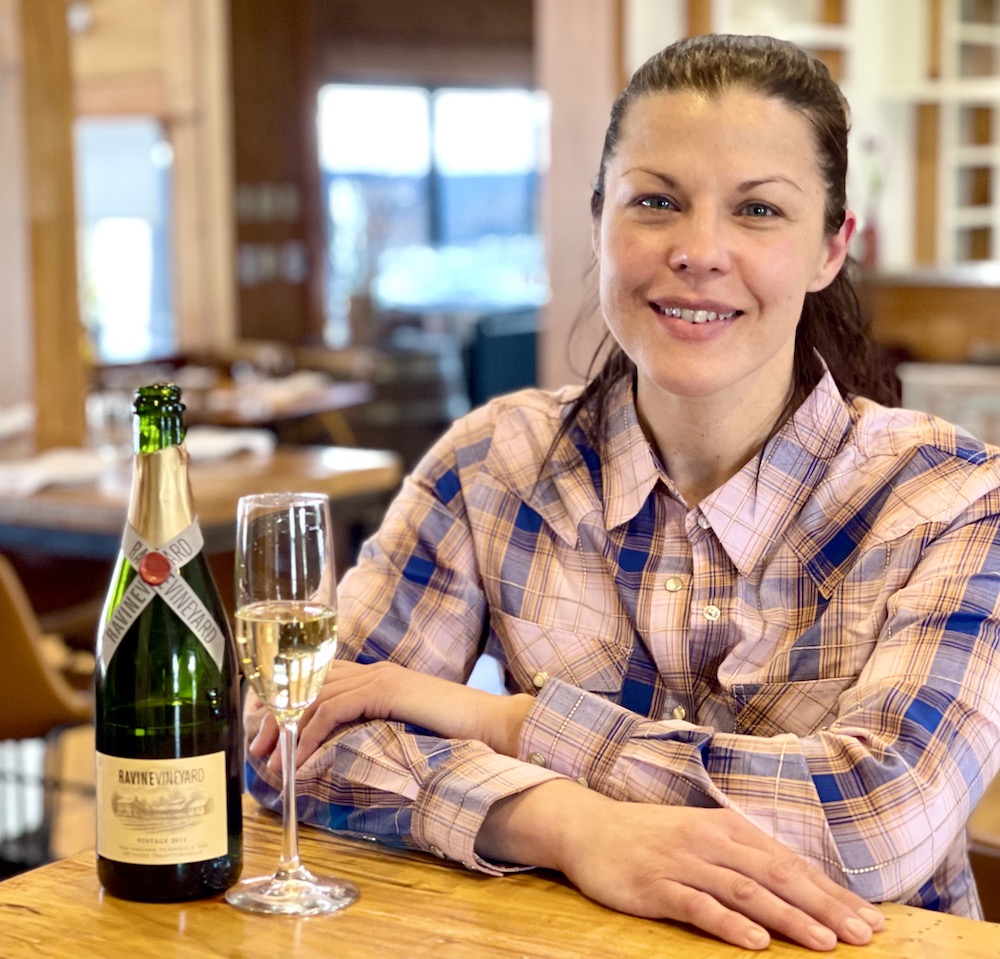
The thrill factor: This unicorn wine might never have been re-discovered if the warehouse owner where it was being stored hadn’t told Tomek that she needed to vacate the premises. “When I started at ravine 2019, I was told there was an older vintage kicking around in the warehouse, and although there was no official plan to bottle it, or what was going to happen to it, at the time some ideas were passed around about maybe releasing it after it being on the lees for eight-ish years,” recalled Tomek. She took on the task of making wine out of the mysterious lot of Chardonnay and created this wonderful sparkling wine. Good things happen to good people. And, yes, I know it’s a sparkling wine, but it is Chardonnay, a white variety. Call me a rule breaker.
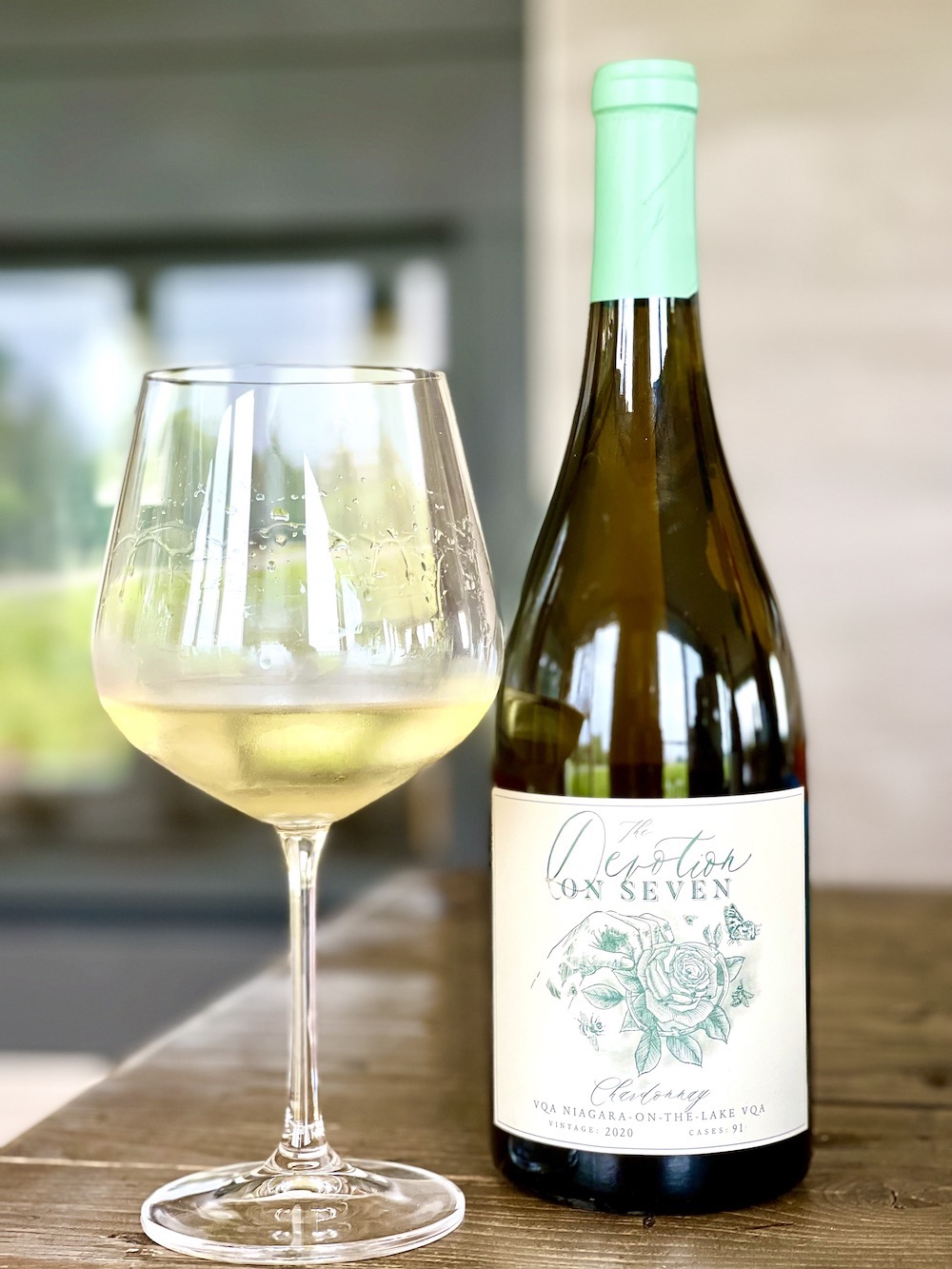
On Seven The Devotion Chardonnay 2020 ($65, 95 points) — This Devotion is a reserve level blend of Chardonnay from the finest barrels, the finest blocks, and made only in the finest vintages. There is a note I wrote in my tasting pad that succinctly describes how I feel about this wine. It is below. Now, I know that’s not the most gracious way to put it, but that’s what my potty-mouth brain told my pen to write. I can’t argue with that, or be more expressive, although I will give it try. It has a profound nose of puréed pear, quince, hazelnuts, an integrated flinty/reductive note that I love, lingering spice, vanilla cream and still a certain saline freshness wafting from the glass. It’s powerful and broad on the palate with a creamy texture followed by fruits of pear and yellow apple, starfruit then bergamot, and lemon zest, toasted hazelnuts, some savoury notes, and elegant spices all framed in fresh salinity on a long, luxurious, and lifted finish. Just a gorgeous Chardonnay that will reward with 5+ years in the cellar.
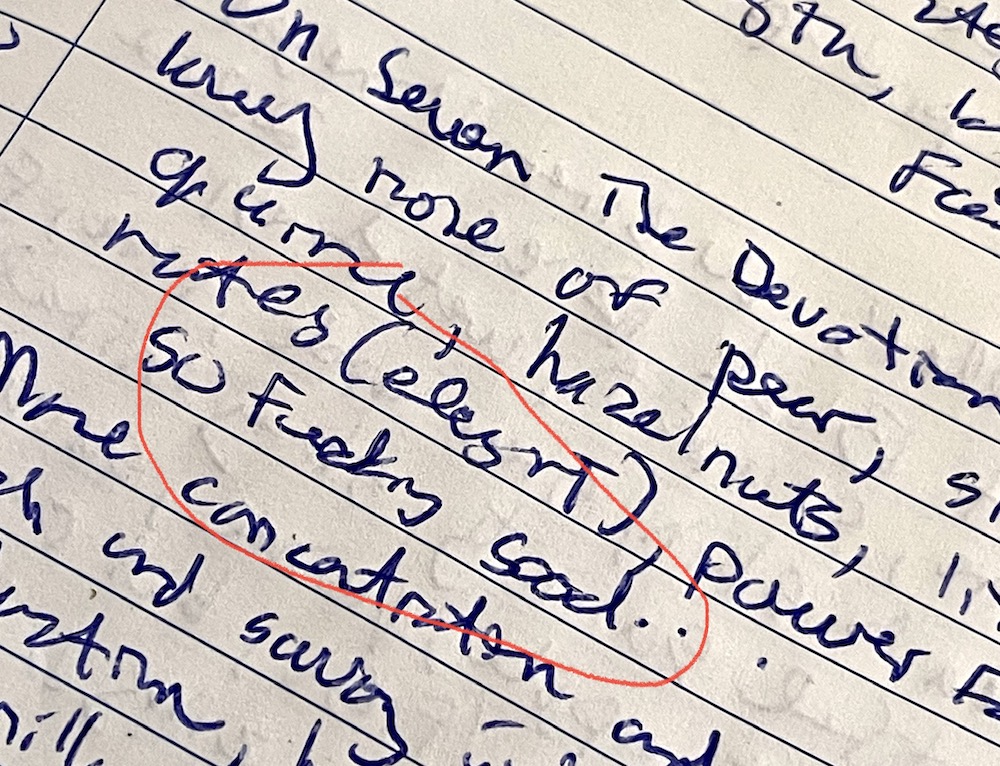
The thrill factor: The small, boutique On Seven project, owned by owner Vittorio De Stefano, has never failed to impress from the very beginning of its short existence. Winemaker/consultant Gamble is a perfectionist in the vineyard and cellar as he builds wines to his and De Stefano’s high standards. Low yields, attention to every detail and precise winemaking make On Seven a must for collectors of Burgundian style Chardonnay … and soon Pinot Noir.
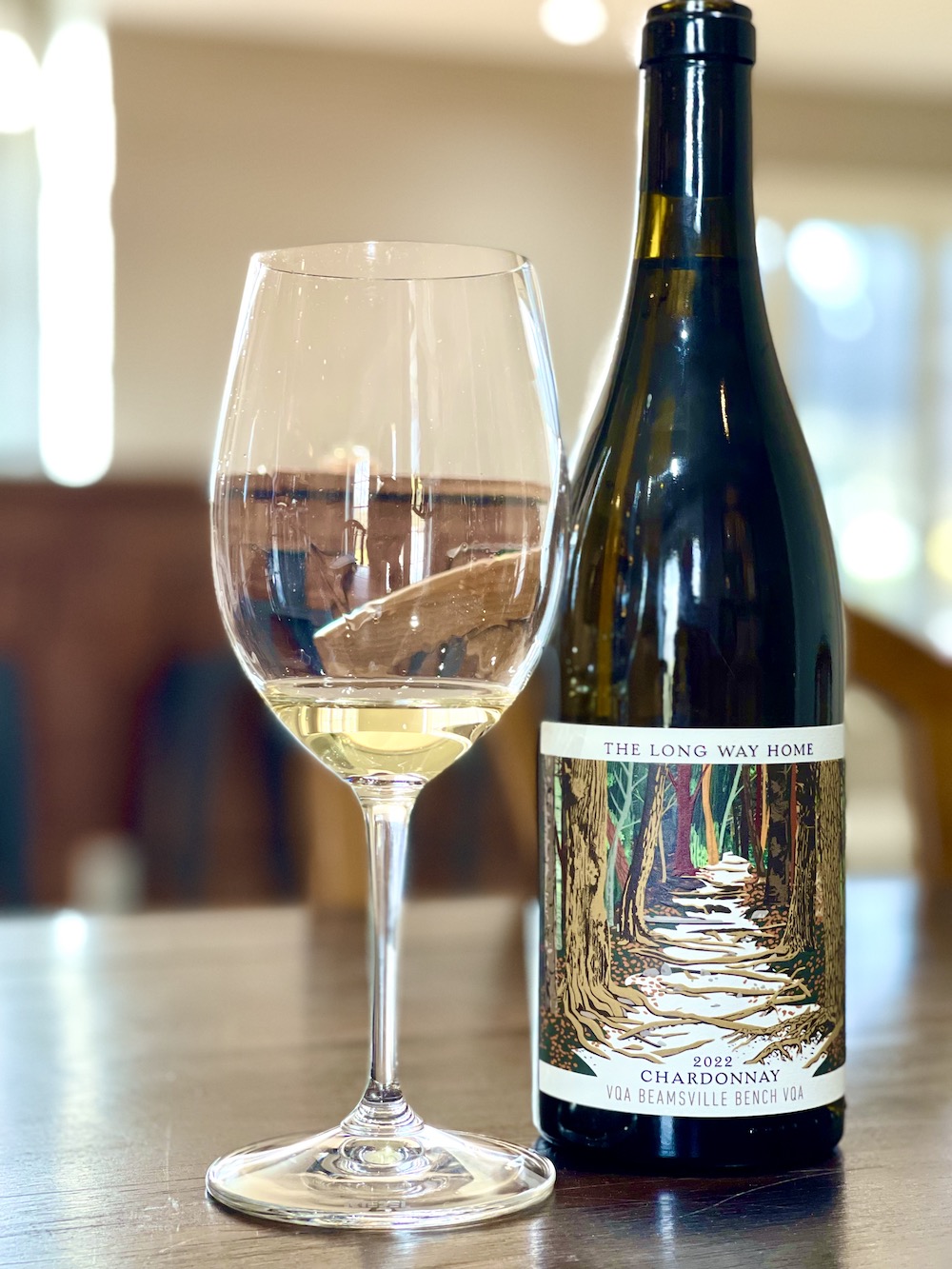
The Long Way Home Chardonnay 2022 ($48, 94 points) — It’s fresh, floral, and awash in salinity on the nose with perfumed pear, bergamot, lemon zest, yellow apple, stony minerality and elegant, integrated oak spice. Such a gorgeous creamy texture on the palate and a freshness that defines the Beamsville Bench. The stony/flinty notes are followed by notes of rich pear, yellow apple, nectarine, subtle spice, and layers of citrus zest that contribute to the tight-rope tension, energy, and persistence of this beautiful expression of Chardonnay. The finish is long and finessed from the tingly acidity. You can cellar this for further development for 5+ years.
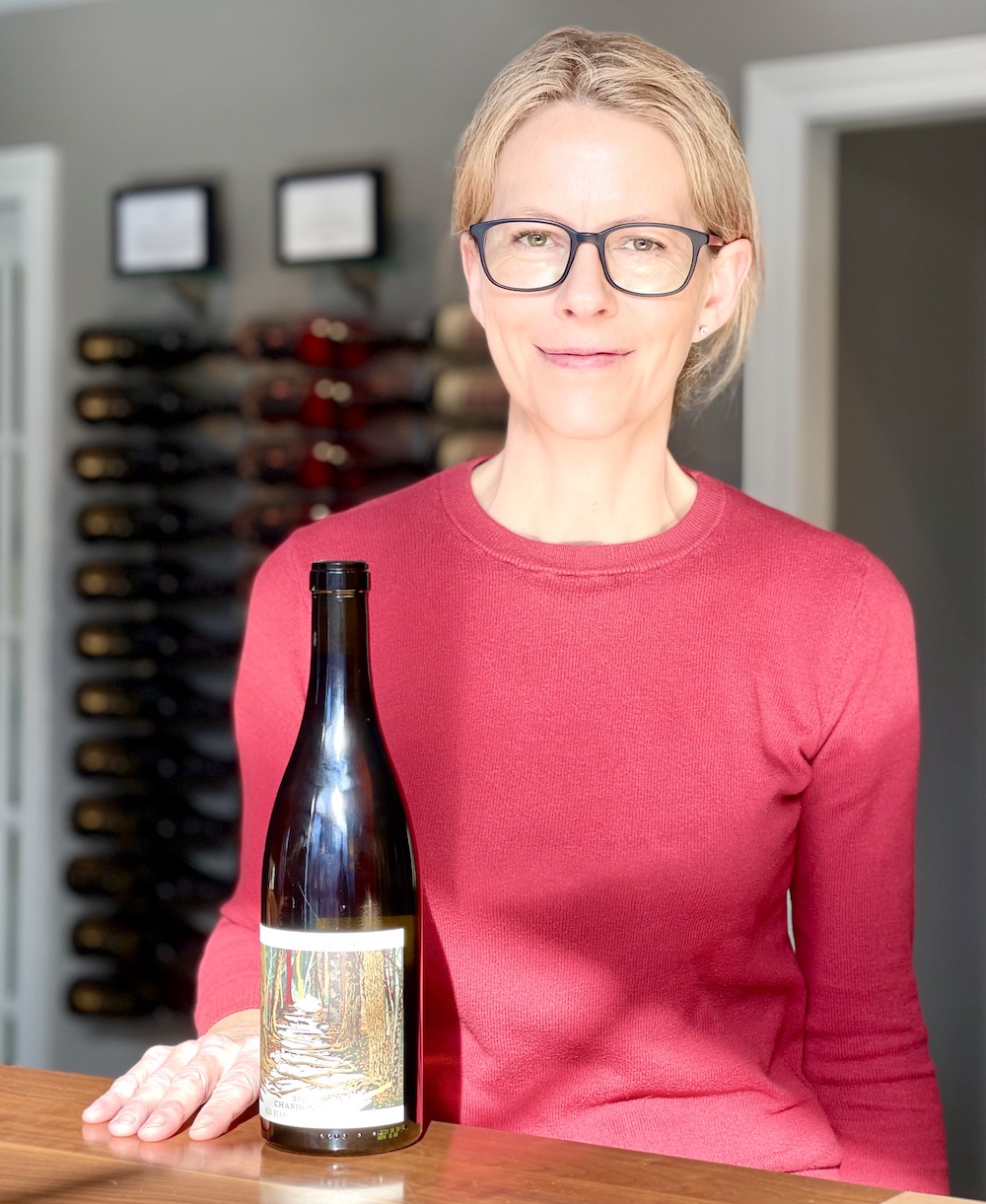
The thrill factor: Winemaker and brand owner Marlize Beyers wanted to create a Chardonnay from a vineyard she is familiar with — Felseck at Hidden Bench — but make it in her own style. She took her inspiration from working with several vineyards from around the world and applied those experiences to something very familiar to her as the former winemaker at Hidden Bench. She fermented 40% of the Chardonnay grapes on the skins, not to make an “orange” wine, but rather to achieve “optimal aromatics from the skins, add structure and longevity.” It was fermented cold to keep the natural colour of Chardonnay with gentle, daily punch downs by hand. 60% of the fruit was whole bunch pressed and the wine was aged for 10 months in French oak, 20% of which was new oak. It was bottled unfined and unfiltered. This is her debut wine under her own label. Talk about starting from a position of strength!
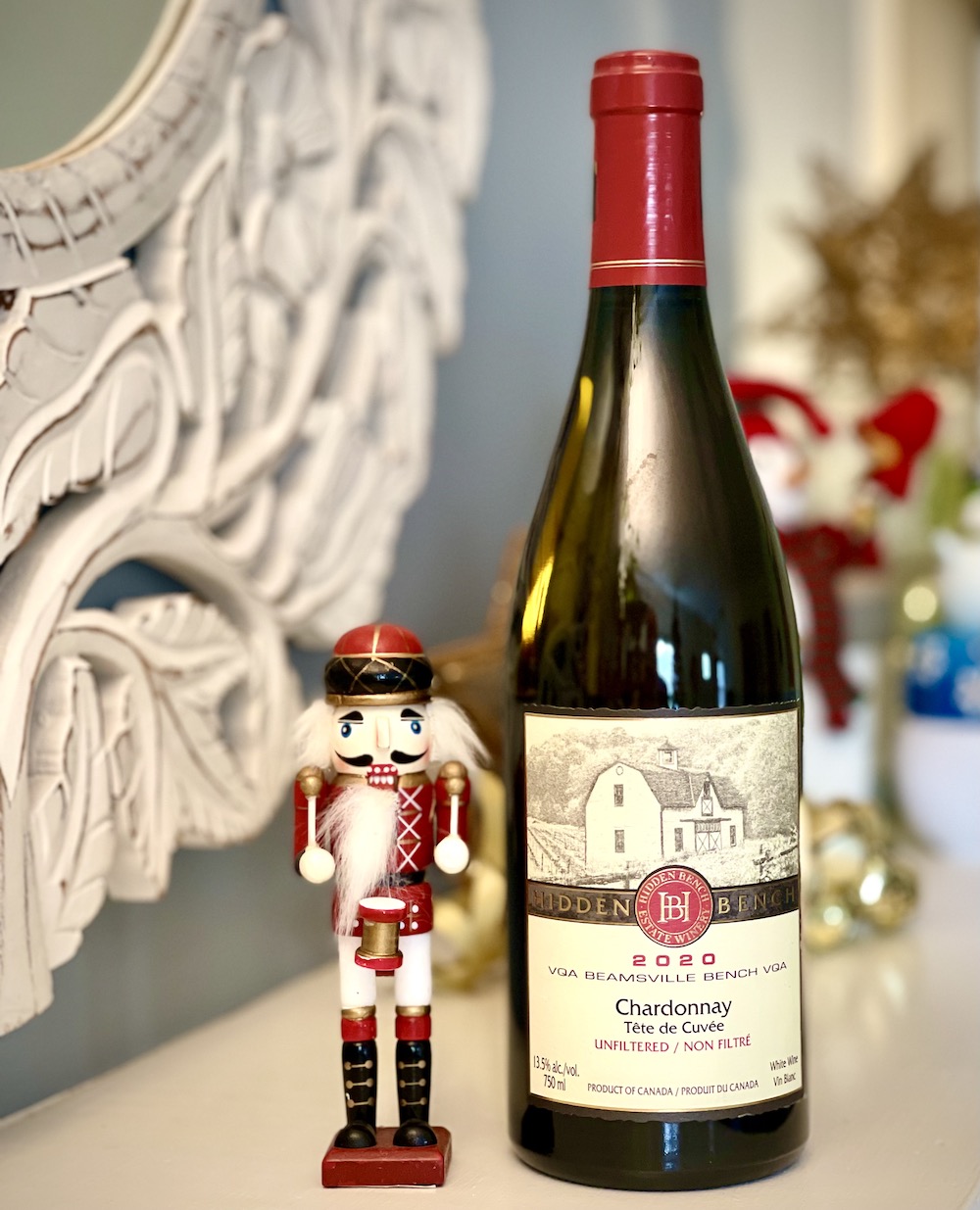
Hidden Bench Téte de Cuvée Chardonnay 2020 ($52, 95 points) — The Téte de Cuvée is a barrel selection from the three estate vineyards that showcase the Beamsville Bench terroir. As it turns out, the 2020 vintage is all sourced from the Rosomel Vineyard, planted in 1976. The oak regime is 100% French with 17% new, 33% second fill, 17% third fill and the balance neutral wood for 16 months. The wine is bottled unfiltered and unfined. This is always among the top Chardonnays made in Ontario in any given vintage, and I love what winemaker Alex Baines has done with this grand cru vineyard fruit in 2020. It has such a profound and enticing nose of yellow apples, lemon curd, flinty minerality, poached pear and toasty/nutty oak spice notes. It’s rich and vibrant on the palate with generous baked pear and apple tart, a creamy texture, flinty/stony minerality, and lemon preserves with a long, luxurious finish that benefits from racy acidity. A beautiful Chardonnay that will reward with 6+ years in the cellar.

The thrill factor: Back-to-back thrilling wines from fruit sourced from two of Hidden Bench’s organic vineyards — Felseck and Rosomel — speaks volumes for what vigneron Harald Thiel and winemaker Alex Baines, who replaced Jay Johnston in March 2022, have achieved on the Beamsville Bench. With more plantings on a large Beamsville Bench property recently purchased by Thiel, across the road from the estate, Hidden Bench has a lot more thrill to bring to the table. Stand by.
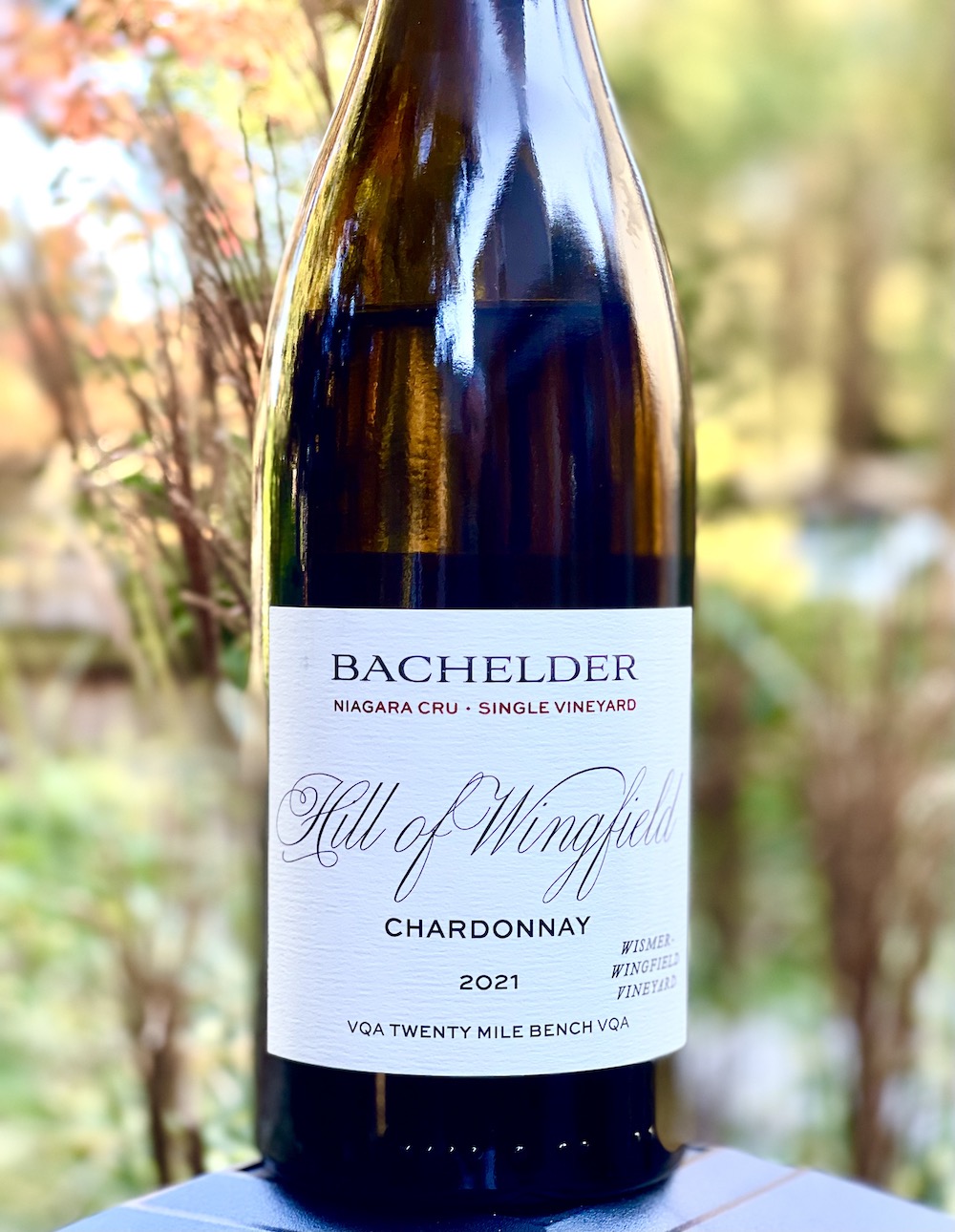
Bachelder Hill of Wingfield Chardonnay 2021 ($75, 95 points) — Thomas Bachelder sources the grapes for this single-block of the Wismer-Wingfield Vineyard from seven rows, on the south-west side of the vineyard, set aside for just him. He not so quietly refers to the Hill of Wingfield as one of his “grand cru” parcels, even though it is a classification that still has no standing in Niagara (but should). The Chardonnay grapes grown in this parcel, which is at the highest elevation and furthest from Lake Ontario, are the latest ripening of all the Chardonnay grapes Bachelder sources. There is a certain ethereal minerality that runs rampant on the nose and through the core of this wine. Not quite saline, not quite stony, and not quite flint, but an impressive amalgamation of all three. Even at this tight stage, give it time, there is beautiful perfume on the nose with white flowers, pear, lemon zest, bergamot and savoury spices vying for attention. It turns lush and more overt on the palate with generous pear, lemon tart, yellow apple, that lovely melange of minerality, vanilla toast, savoury spice and then tingly acidity and length through a pristine and lifted finish. I tasted this wine a day later and it was still shy, but starting to fully express the savoury minerality, wet stones and profound pear and bergamot notes I love from this expression of Chardonnay. Such a beautiful wine with 6+ years of improvement on the horizon.
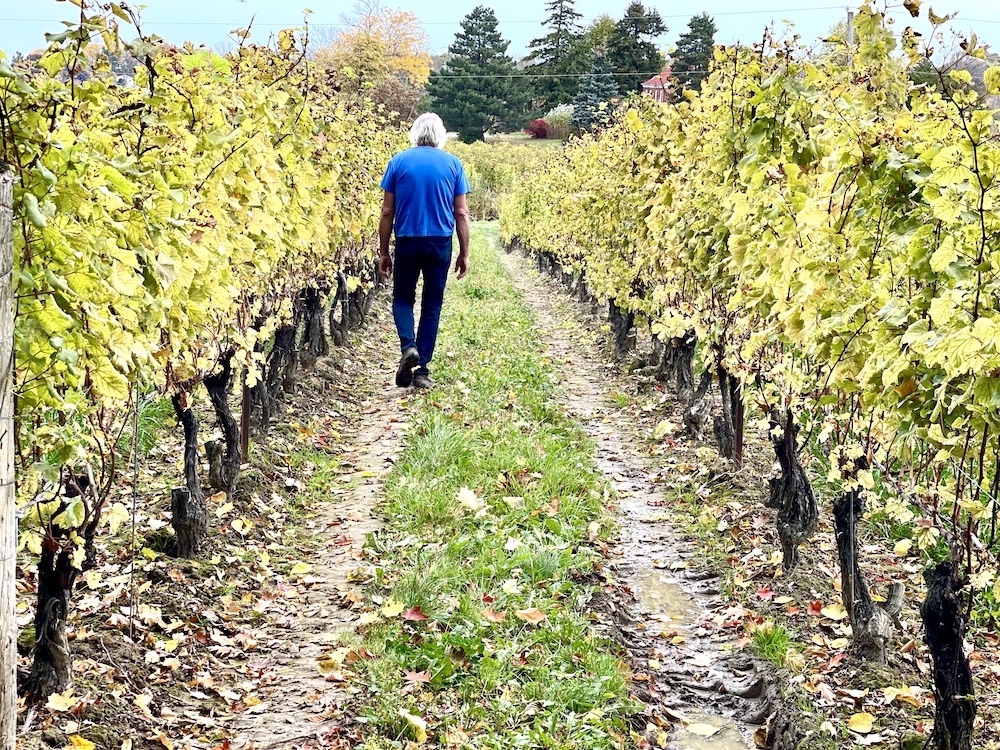
The thrill factor: There are a lot of Chardonnays on this list, I know. But, let’s face it, Chardonnay is what will define Niagara wine beyond our borders long into the future. With winemakers like Bachelder, Beyers, Baines, Panagapka, Kulczyk, Gamble and many others not named on this list, carrying the torch for this over-achieving grape will continue to rise high above expectations.
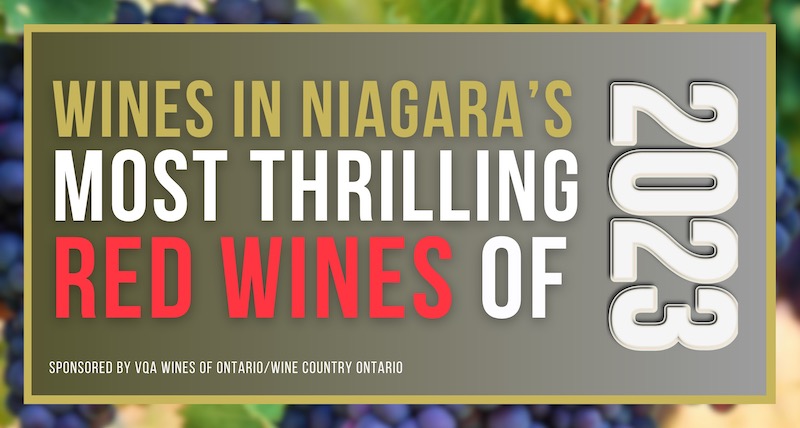
The Most Thrilling Niagara
Red Wine of the Year
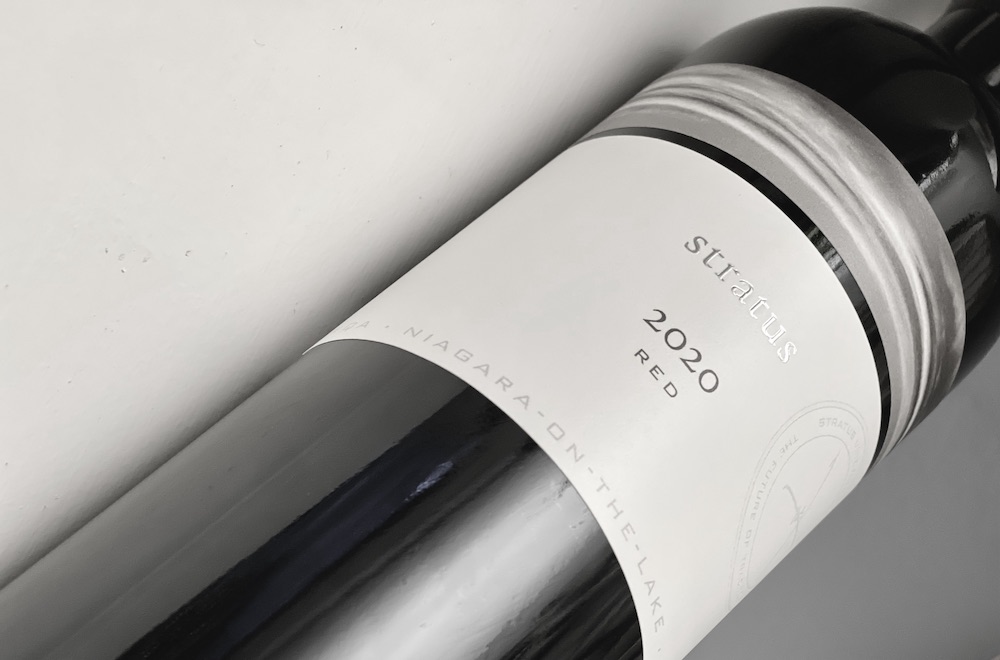
We are witnessing the golden era for Bordeaux-variety red wines in Niagara thanks to the warm, dry 2020 vintage that provided ideal conditions for ripening the big three grapes that make up many of the top flagship reds in the region. While Cabernet Franc never seems to disappoint in Niagara, Cabernet Sauvignon doesn’t appreciate cold or wet weather and needs extended hang-time in the vineyard to reach phenolic ripeness. Merlot simply hates cold temperatures in the winter months and seems to die off every 10 years or so, but when its healthy and thriving, it’s a good fit for Niagara. When all three grapes enjoy a perfect growing season like 2020, magic happens. Three key wineries with iconic flagship red blends made this list — Chateau des Charmes’ Equuleus, Southbrook’s Poetica, and our red wine of the year, the debut Stratus White Label Red, all from 2020. Any one of them could easily have been named the top dog on this list, but, for me, it came down the Herculean effort it took to get to a new level at Stratus, a new tier, from two decades of mapping out the vineyard and building a wine from tiny sub-blocks of grapes. It was a combined effort from founding winemaker J-L Groux and current winemaker Dean Stoyka, and both should take a bow for this blockbuster debut red blend under the new White Label. This will bring pleasure to savvy wine collectors for the next 20-30 years.
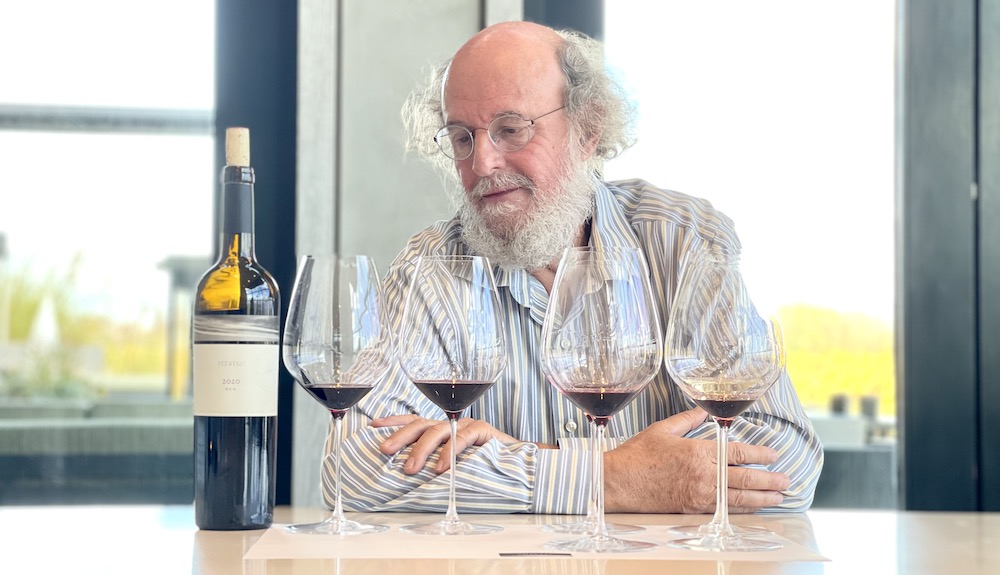
Stratus White Label Red 2020 ($145, 97 points) — Sourced from specific blocks within blocks in the 55-acre Stratus Vineyard comes this ethereal new top of the table red blend that has been 20 years in the making from a vintage that has no equal in Niagara. “It’s beautiful to have a vineyard like this to make wines like these,” said Groux as we tasted this wine at the estate, referring to the new White Label wines. The blend is 40% Cabernet Sauvignon, 27% Cabernet Franc, 13% Merlot, 13% Malbec, and 7% Petit Verdot that spends 676 days in French oak (26% new). Not wanting to bury the lede here, I will just say this off the top, this is the finest red wine I have ever tasted from Niagara and hence the highest scoring wine I have awarded. It’s a Left Bank leaning blend, but really sits somewhere between the Medoc and Napa Valley, combining the power of Napa and the grace of Bordeaux, and capitalizing on Niagara’s most inspiring red vintage since the modern-day wine industry began in the region. Comparisons to other regions seem lame, but this is a wine priced to draw those comparisons, and consumers will. In reality, it’s a 100% Niagara tour de force that has been decades in the making. From the first impression of dreamy, perfumed notes, you are drawn into this wine on the nose and beyond. It’s richly fruited with black currants, dark cherries, blackberries, and plums followed by foraged truffles, forest floor, savoury dried herbs, earthy notes, leather, graphite, and enticing spices notes that are elegant and persistent. It opens on the palate to firm, chewy tannins in support of a rich, luxuriously textured array of dense dark berries, damson plums, cherry/kirsch, dried tobacco, herbs, underlying earthy/savoury notes and gorgeous toasty, vanilla-tinged, elegant spices all leading to an echoing, velvety smooth and finessed finish that seems to last for minutes. This blockbuster, highly structured red is the epitome of grace and power and has what Groux calls a drinking window that can improve for three decades. He could be right, but I would safely suggest 15+ years, based on some of the greatest older Niagara reds I have tasted in the past.
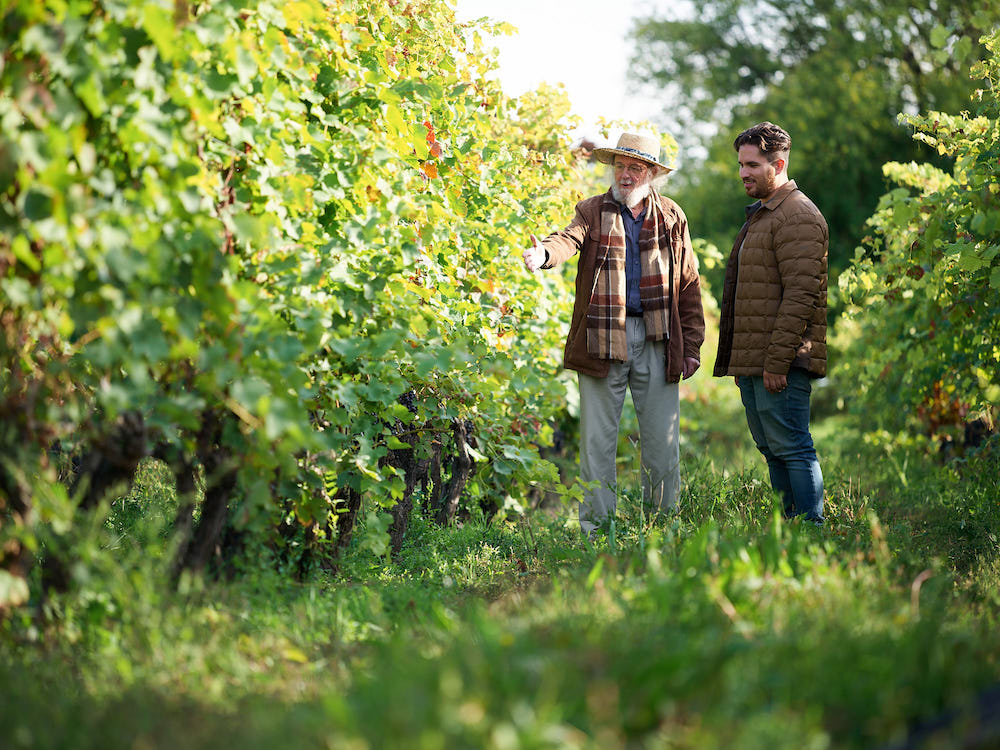
The thrill factor: We will still be talking about this wine 20 or 30 years down the road. Not sure I can wait that long to drink mine, and I’m definitely not leaving it for the kids (sorry).
The rest of the Most Thrilling
Niagara Red Wines of the Year
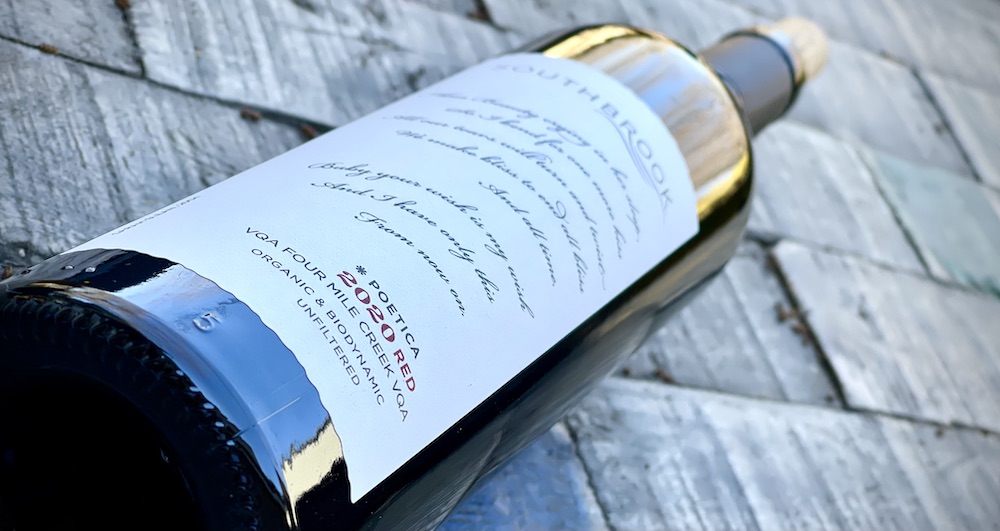
Southbrook Poetica Red 2020 ($70, 96 points) — Poetica wines are only made in the what the winemakers feel are the best vintages for the style of wine they want to present to consumers. There was no Poetica Red in 2017 or 2018, and winemaker Casey Hogan is still assessing the potential for 2021, while 2022 is a definite yes. The winemaking team, now led by Hogan (previously Ann Sperling), carefully chooses the best grapes from the estate’s biodynamic and organic vineyards, and then picks from the best barrels for the Poetica. The 2020 blend is 58.4% Cabernet Sauvignon, 29.5% Merlot, 6.9% Petit Verdot and the rest Cabernet Franc. Clusters were sorted and whole berries were fermented in micro-cuvee lots in open top new French oak barrels. Post-processing, the lots were returned to the barrels for aging. After 18 months, individual barrels were tasted, assessed, and blended. After pressing, the lots were returned to the barrels for 13 months of aging. The blended wine received an additional five months in oak barrels (30% new oak). I tasted this wine with Hogan at the winery un-decanted and then tasted it again 24 hours later and then 24 hours after that to get a more complete picture of where it is going. I can confidently tell you; it’s going to the moon! This is a stunner of a wine. It has an intoxicating nose of brambly raspberries, black currants, dark cherries, jammy cassis, violets, blackberries, sweet cedar, and an elegant array of spices. It’s mouth-filling on the palate with a generous array of ripe red and dark berries, grippy tannic structure, subtle savoury notes, gorgeous fine oak spices that all comes at you in layer after layer. It has remarkable balance for such a young wine, and a vibrant, finessed finish that lasts for minutes. It shows incredible restraint and elegance for such a blockbuster of a wine. You need this in your cellar, but find a cool, dark place and forget a bottle or two for 20+ years. Your children will thank you later.
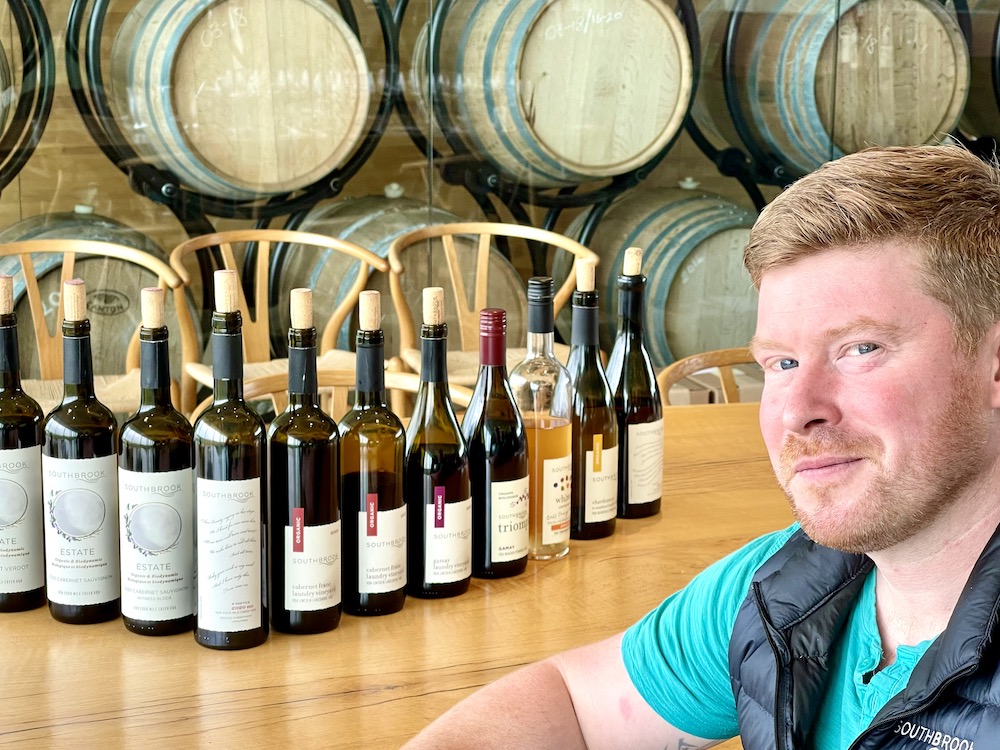
The thrill factor: This red blend is one of four wines on this list with Cabernet Sauvignon as the dominant variety. I feel like this is a rarity in Niagara. But when you have a growing season like 2020, wines like this (and the others on this list) happen. Proprietor Bill Redelmeier certainly believes in the grape and Hogan and Sperling delivered a beauty that will deliver rewards for a couple of decades or more.
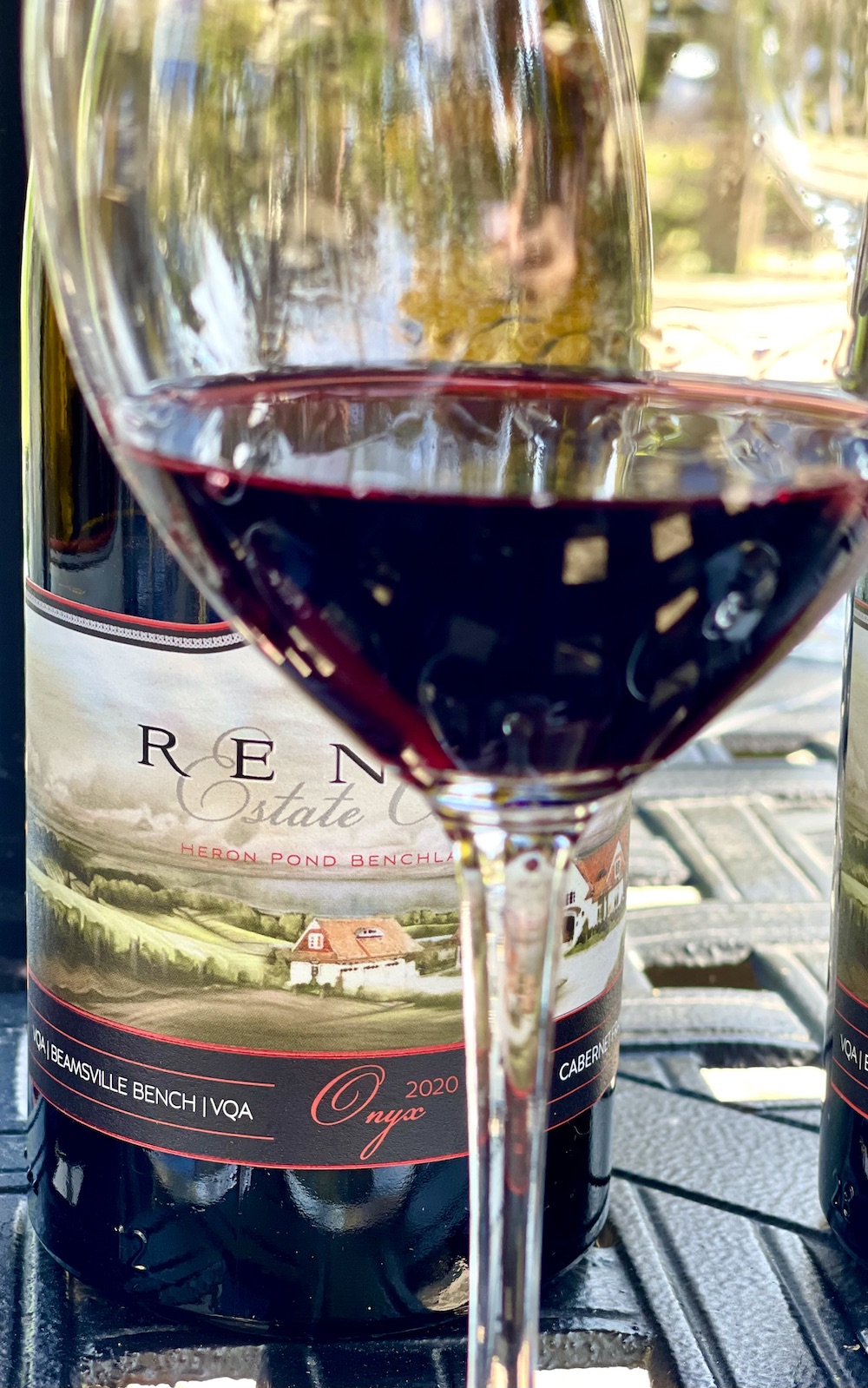
Rennie Estate Onyx Cabernet Franc 2020 ($60, 94+ points) — In my opinion, and proprietor Graham Rennie disagrees with this, Cabernet Franc is the perfect grape for the appassimento style. I just love how the dried grapes round out the sometimes-rough edges in CF and accentuates the positive aspects so nicely. Rennie prefers his beloved Cabernet Sauvignon at the top of the table for his appassimento collection of wines. The Onyx is a 100% Cabernet Franc appassimento wine, dried for 82 days, aged in 50% new, 50% used French oak for 25 months, and finished in the drying chambers until the grapes reached 29.2 brix (27% of original weight). It was finished at 17 abv. This has a gorgeous earthy/spicy/perfumed nose of cherry/kirsch, cola, black raspberry and black currant jam, sweet herbs and savoury notes with charred cedar and toasty vanilla. It makes a bold statement on the palate with a wall of firm tannins, super ripe red berries, black currants, savoury herbs, campfire notes, underlying earthiness, lingering spice notes and an invigorating lift from tingly acidity through a long, finessed finish. It’s very tight now and you will need to wait on it to be rewarded. This will continue to evolve for 10-15 years.
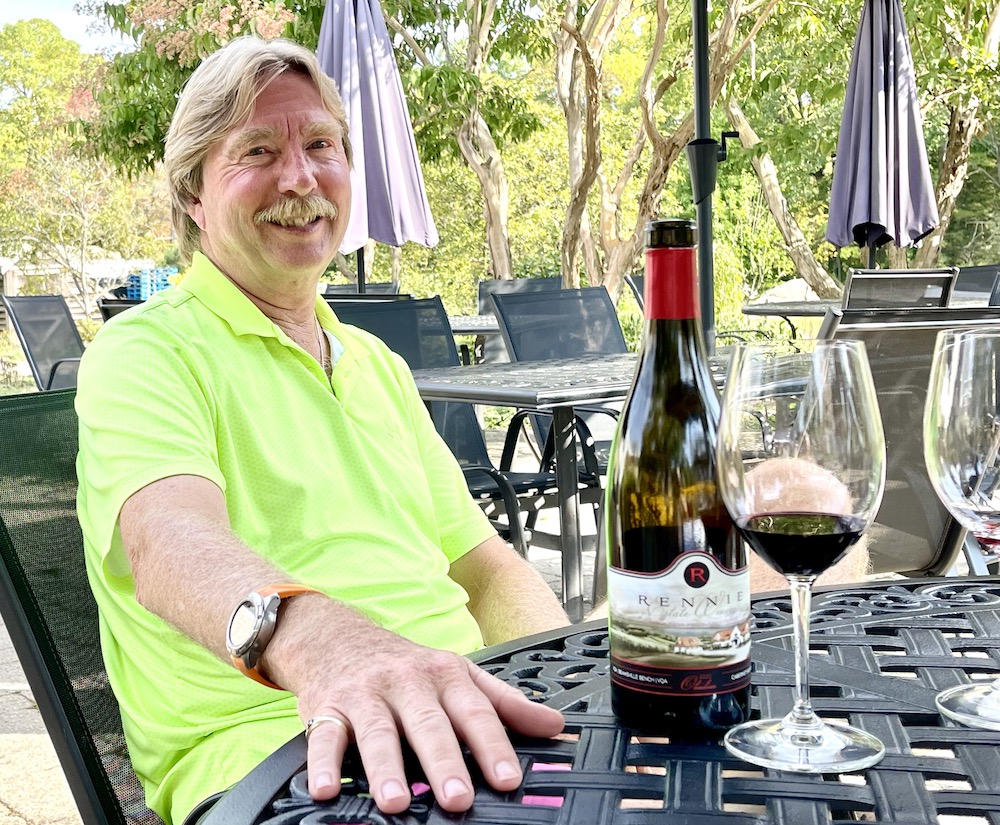
The thrill factor: Every time I post anything about appassimento wines from Niagara I get blasted with comments from some readers who insist these wines can only be made in Veneto. What? The beauty of a new region such as Niagara is that anything goes, winemakers aren’t bound by stuffy traditions and rules, other than what VQA regulates. So, do what you want to do and let the consumers decide. Rennie has created a robust market for his stylish “super Niagara” wines, until now made by Shiraz Mottiar, and attracts wine lovers who prefer big, bold reds. Niagara needs those consumers and Rennie is providing a lane to satisfy their cravings. Bravo, I say!
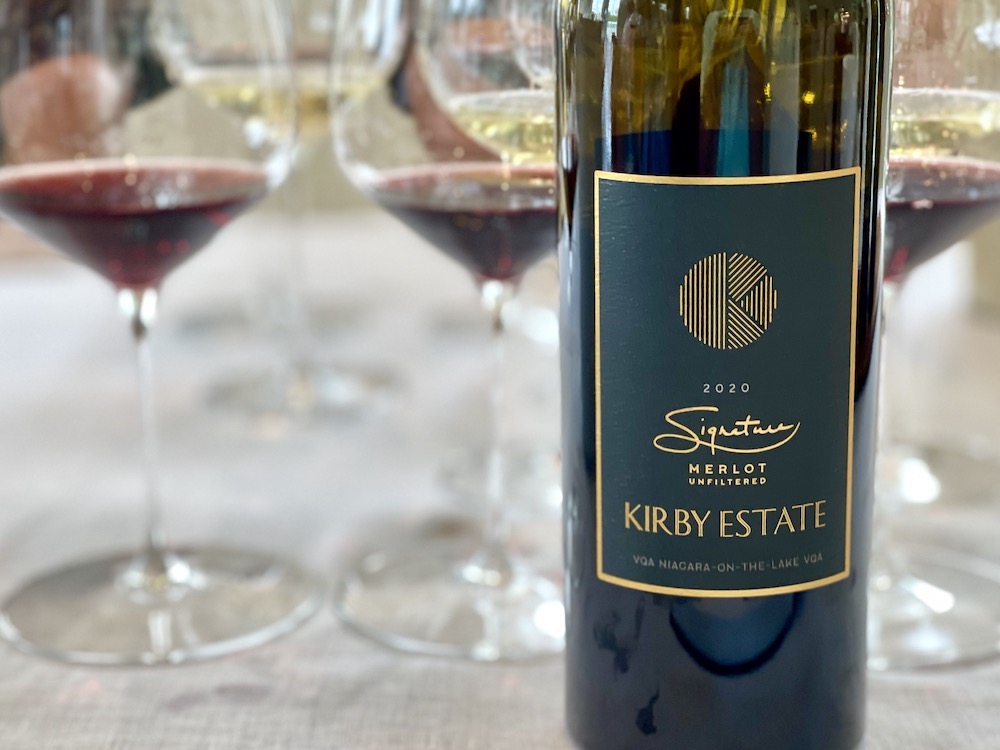
Kirby Estate Merlot Signature 2020 ($108, 95 points) — Simply stated, this “signature” level Merlot is a blockbuster, maybe the finest 100% Merlot I have tasted from Niagara. It’s made from 16-year-old grapes planted on the property, wild fermented and aged for 20 months in 55% new French oak and the rest in neutral barrels. The wine is bottled unfiltered, and the wine is finished at 15.7% abv (though winemaker Gamble says it’s more like 15% abv), that doesn’t feel like it at all. Such a beguiling and perfumed nose of meaty, ripe, and seductive red berries, plum pudding, figs, sweet tobacco, cloves, elegant oak spices, and sandalwood nuances. It is mouth-filling, rich, and layered with a silky texture, ripe tannins supporting a complex array of ripe/brambly red berries, anise, plums, truffles, subtle pepper, and lovely spice notes that are integrated and elegant. It’s surprisingly balanced through an incredibly long and finessed finish with little indication of the stated abv. What a beautiful Merlot that takes its inspiration from the top wines of Pomerol. To quote a certain president: “And that’s no joke!” This can easily cellar for 10 or more years.
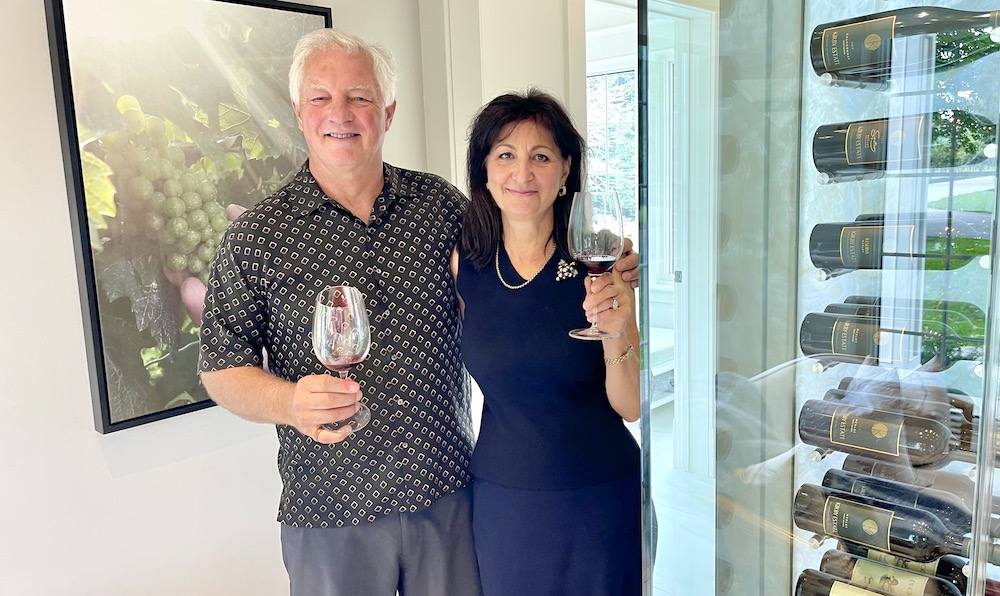
The thrill factor: Fledgling vineyard and brand owners, Scott and Maria Kirby, were drawn to the region in 2017 by the “idyllic beauty, pastoral environs, and favourable climate.” They were eager to showcase their wines over two years ago, but Mother Nature threw a few obstacles in their way, requiring a partial vineyard replanting and an opportunity to plant grapes that align with what the couple likes to drink. They looked to Gamble and Sperling for consultation and began selling their wines this year with Matt Smith as the winemaker. The Kirbys are part of a new wave of vignerons willing to spend enough money to grow the right grapes in the right places in tiny quantities at the highest levels. If the debut releases are any indication, it’s a strategy well worth pursuing. By the way, I tasted this wine side-by-side and blind with iconic Chilean wine Purple Angel from Viña Montes, both 2020s, just a few days ago. The Kirby stood out as a clear winner.
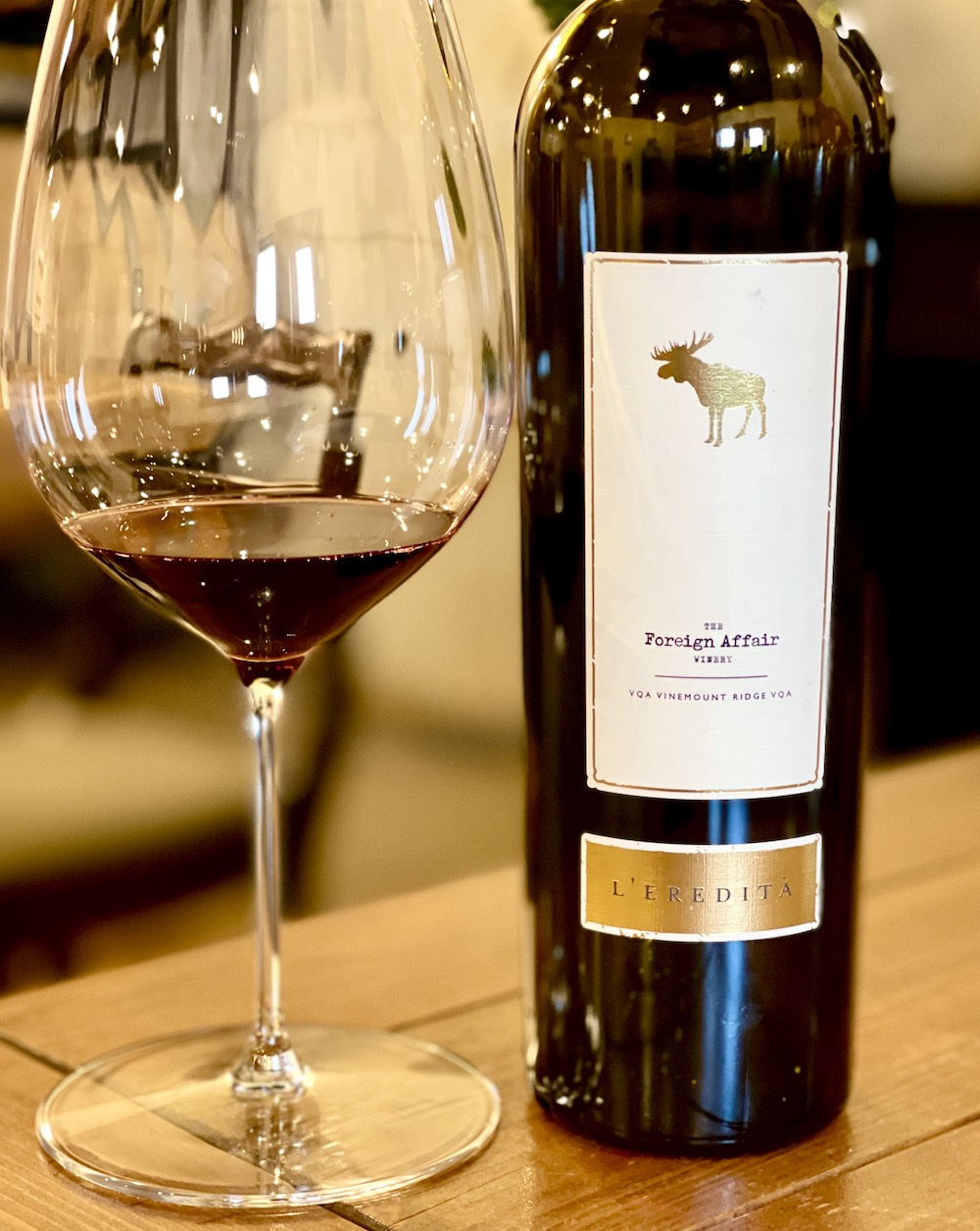
Foreign Affair L’eredita 2020 ($110, 95 points) — The new flagship wine at Foreign Affair, a mostly 100% appassimento style Cabernet Franc finished to 28 brix and 15.8 abv, was hand-crafted from the first vines ever planted at the Crispino Estate Vineyard. The name L’eredita means legacy, in honour of the winery’s founders Len and Marisa Crispino. What a gorgeous wine with a seductive, sublime nose of concentrated black raspberries, figs, dark cherries, cocoa, blackcurrants, leather, and fine oak spices. It’s thick, layered and comes at you in waves on the palate along a firm bed of ripe tannins. Look for currants, dried figs, anise, eucalypt, kirsch, mulled herbs, jammy red berries, plums, fine oak spices and an incredibly long, lifted finish. This will keep getting better in the cellar for 15+ years.
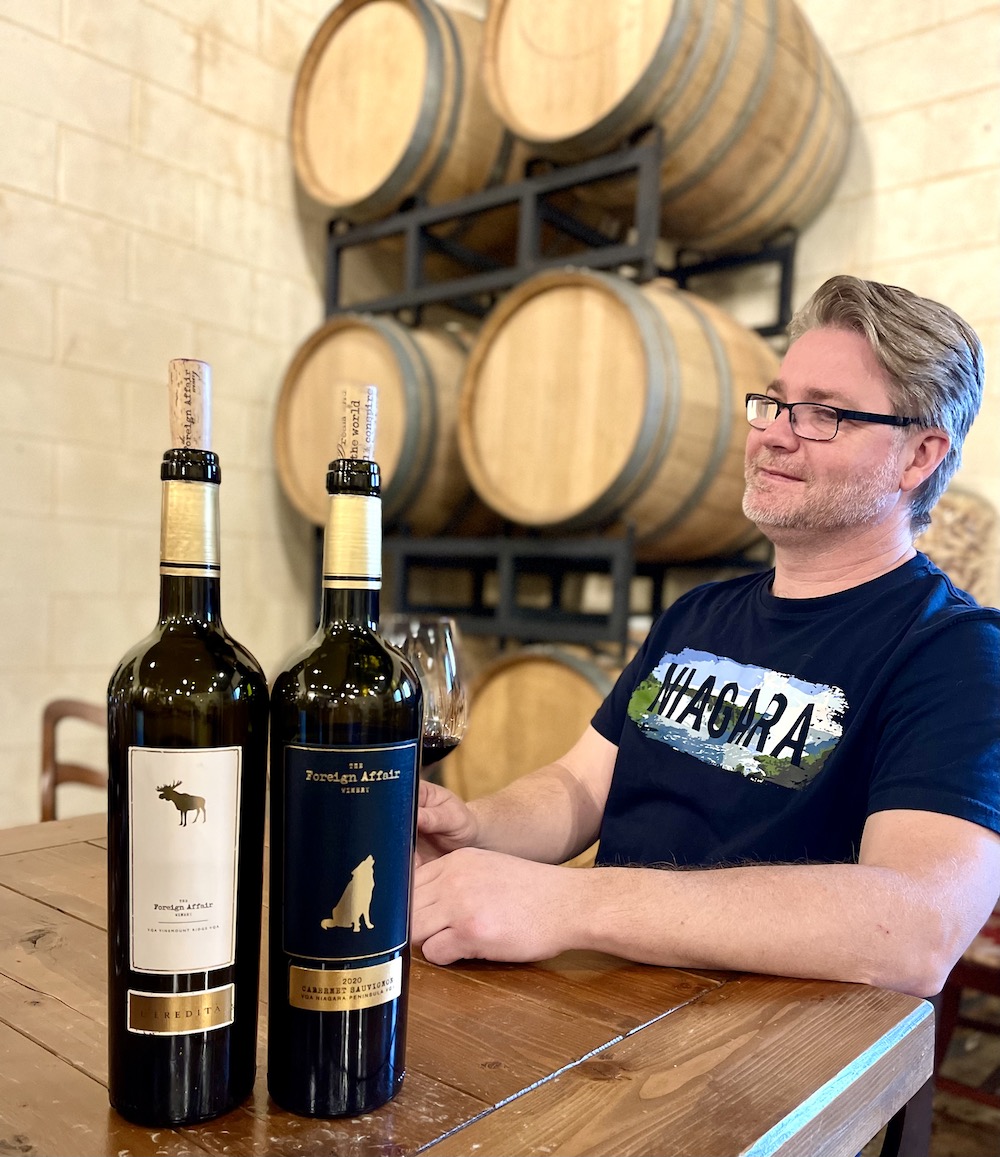
The thrill factor: When Foreign Affair was sold by founders Len and Marisa Crispino to Corby Spirit and Wine Ltd. no one quite knew what would happen. While the legacy production utilized dried grapes in nearly every wine, under new owners and winemaker René Van Ede, that philosophy has been somewhat dialled back, especially when it comes to the white wines. The new flagship wine, appropriately named in honour of the Crispinos, fully exploits the appassimento style and takes advantage of the perfect 2020 vintage to produce this stunning red. Foreign Affair is in good hands.
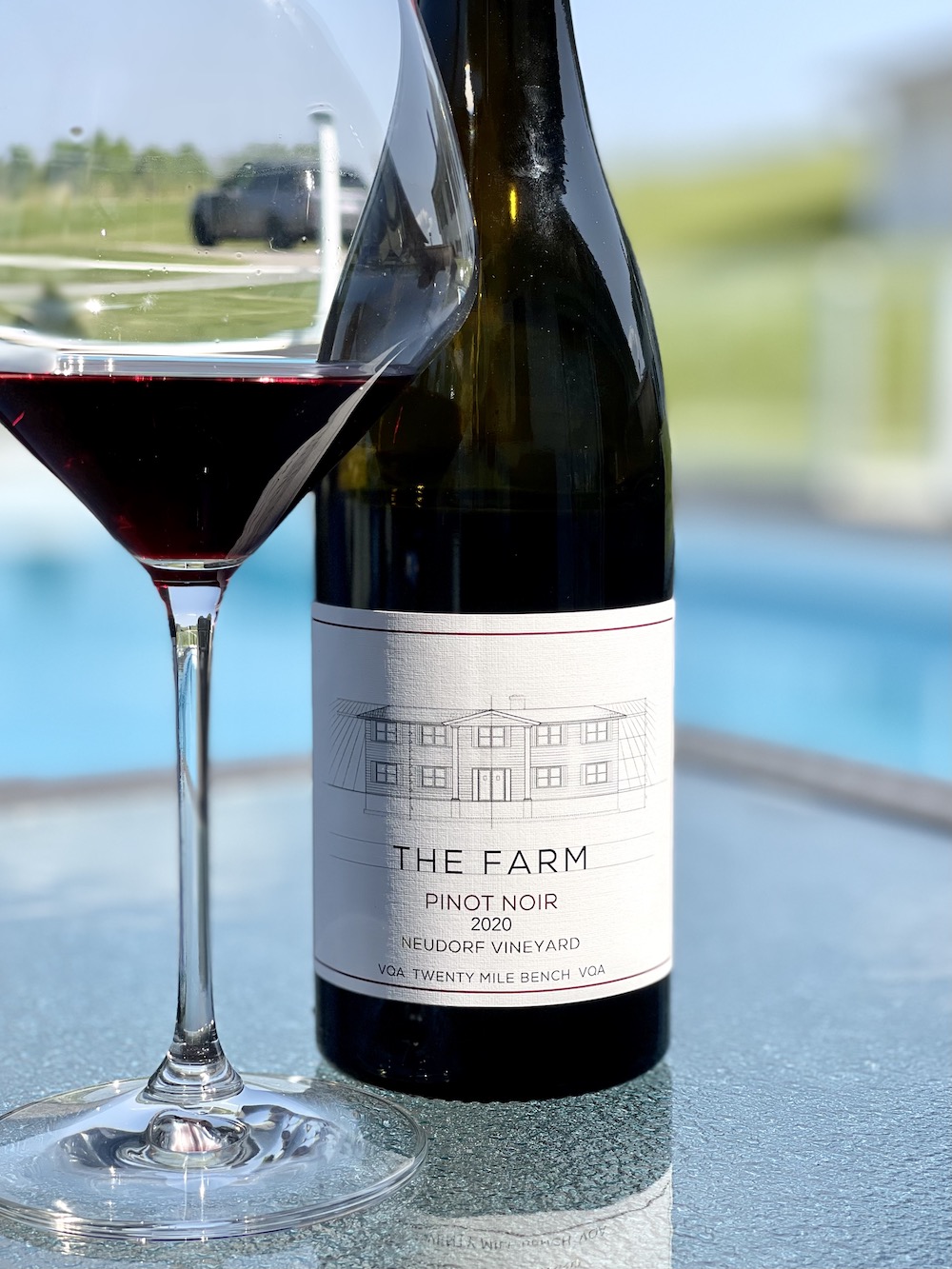
The Farm Neudorf Vineyard Pinot Noir 2020 ($55, 95 points) — This is the flagship wine, “the reason we do what we do,” said Erika Neudorf at the time of the tasting. Everything that is done at The Farm revolves around the 10-acre home vineyard that hugs the perimeter of the property on the west and south side of the estate. The grapes are hand-picked, hand sorted and undergo wild fermentation (both primary and secondary) with a cold soak and a long maceration on skins post fermentation. They are fermented and aged in French oak barrels, mostly neutral oak. The vineyard was originally planted with Pinot Noir in 2000 for Le Clos Jordanne and aptly named La Petite Colline, meaning little hill, a nod to the gentle slopes that permeate the plot. The vineyard was farmed organically from the beginning and the wine sees no manipulations, including fining or filtering. Pinot lovers will inevitably taste the Mason Vineyard and Neudorf Vineyard Pinots side-by-side and dissect the differences. For me, the 2020 Neudorf is more open knit than last year’s version, which was tight on release, and is denser and more lifted on the nose (to be expected from the warmer 2020 vintage) with violets, cranberries, brambly raspberries, black cherries, iron/bloody minerality, subtle savoury/earthy notes and unobtrusive spice notes. It is texturally beautiful on the palate with a chalky/silky feel, fine tannins, red fruited, crunchy cranberries, anise, underlying earthy/savoury accents, subtle spice and a then a long, vibrant, and lifted finish. A generous, enthralling Pinot that can cellar for 5+ years. If you love this wine, stock up. Some poor winters have reduced the crops of upcoming vintages.
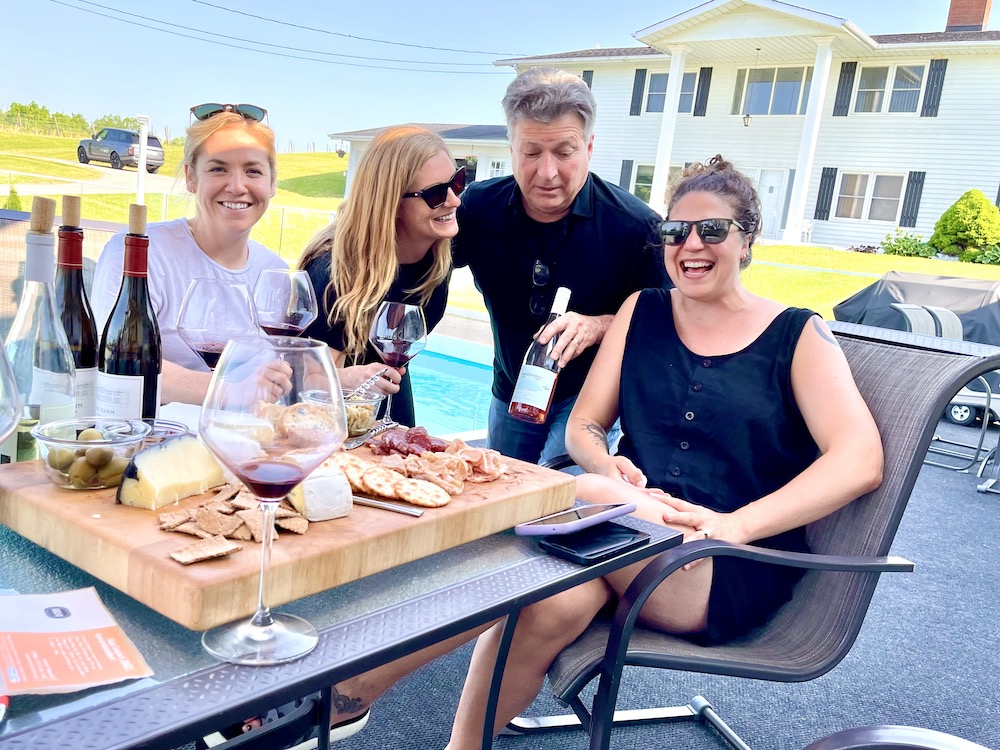
The thrill factor: This, female-dominant family wine project, with former winemaker Kelly Mason, current winemaker Morgan Juniper, Erika Neudorf, and Michelle Zubrinich doing most of the heavy lifting (along with Jeff Neudorf, all in above photo minus Mason), The Farm operates under a unique strategy. They only release their wines once a year with a huge poolside bash at their farm. All the wine is usually gone as soon as it hits the internet, such is the cult-like following this winery has. The Pinots are among the best being made in Niagara. The party where you pick them up is the icing on the cake.
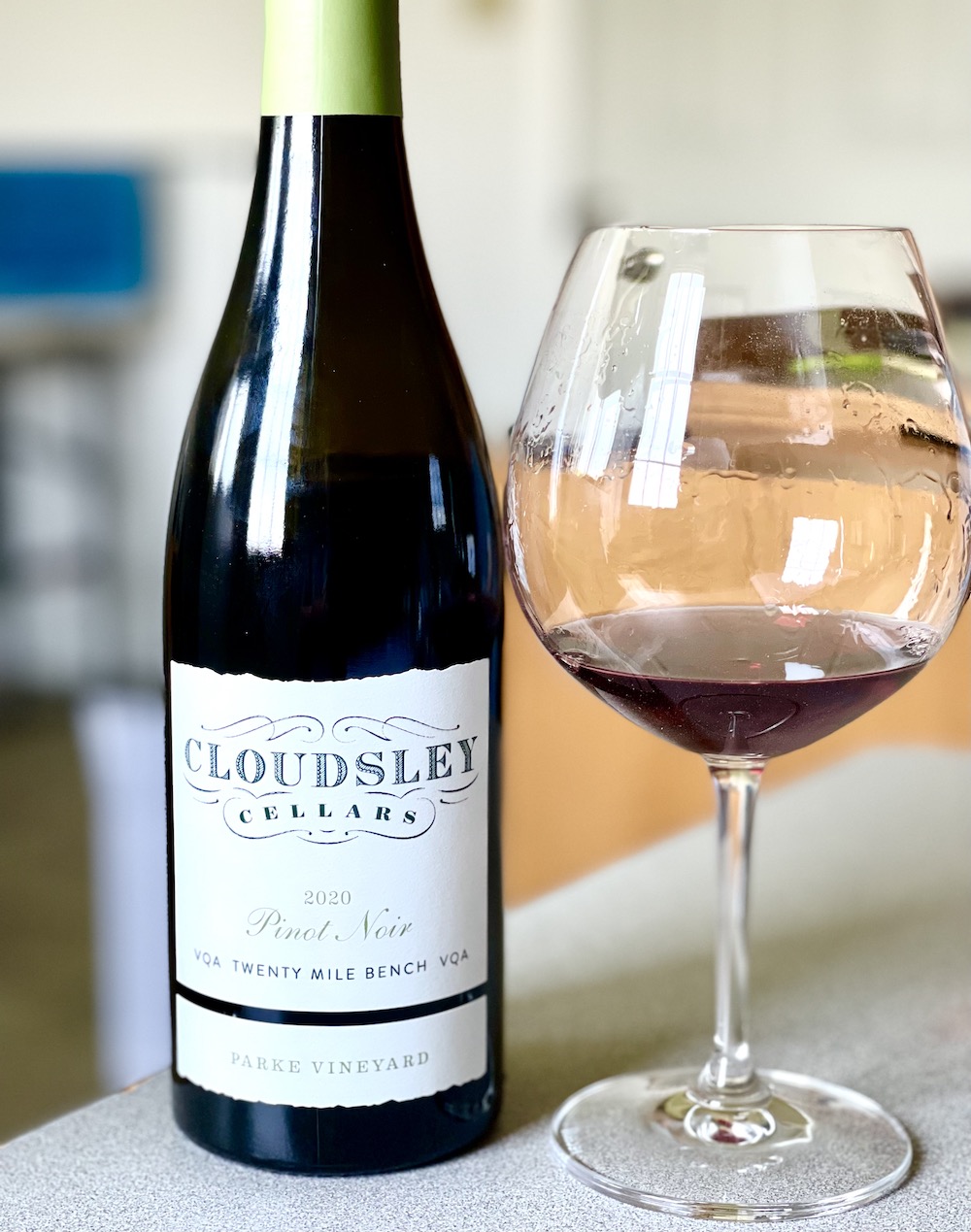
Cloudsley Parke Vineyard Pinot Noir 2020 ($70, 95 points) — “This is a powerhouse in the context of our wines,” Adam Lowy says. The Parke Vineyard was planted in 1999 with clone 667 and 115 and it’s quite a different expression of Twenty Mile Bench Pinot. It jumps from the glass with a lifted floral note followed by concentrated dark cherries, forest berries, damp earth, savoury notes, and spice (27% new oak). Wow, everything I love about Pinot Noir is in this glass. It’s pretty and untamed at the same time with complexity and layers of red berries, cassis, and anise. It’s an incredibly detailed wine with a silky texture, elegant spice notes and nuanced through a lifted, extremely long, and finessed finish. Can cellar 7+ years, maybe more!
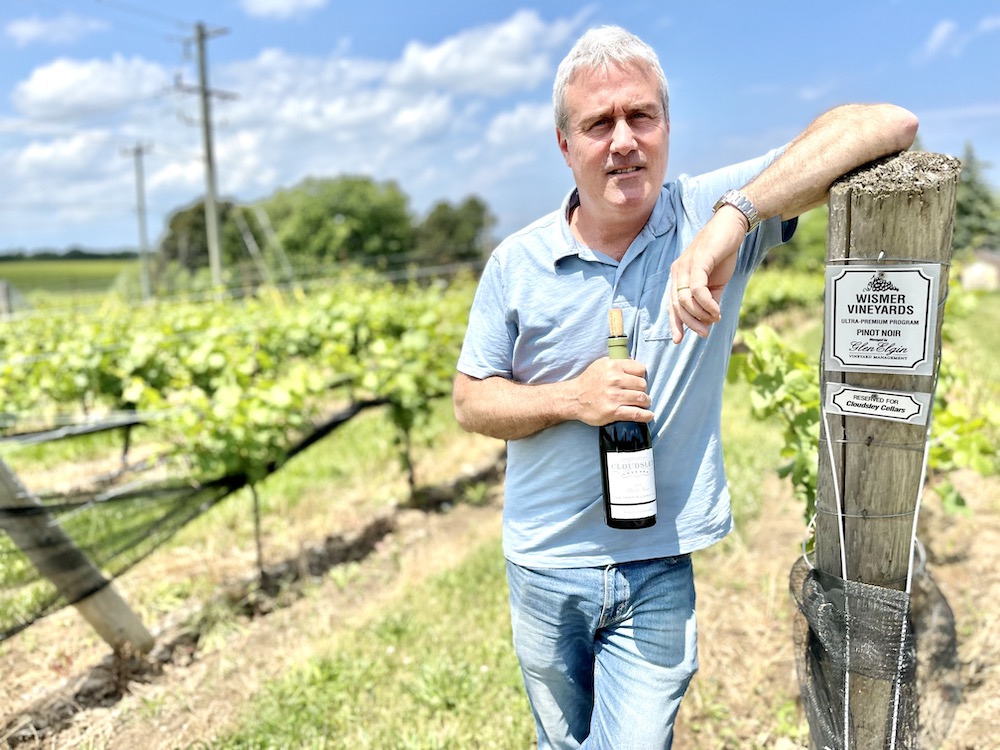
The thrill factor: Not exactly a “garagiste” operation, but owner/winemaker Lowy, and his dynamic team of winemakers Matt Smith and Eden Garry, sure espouse that vibe with their small-lot, vineyard specific range of Pinot Noirs and Chardonnays. Every wine is made with precision and style and offers a single expression of where it was grown. It’s a small, boutique winery but making a big a statement on the Twenty Mile Bench.
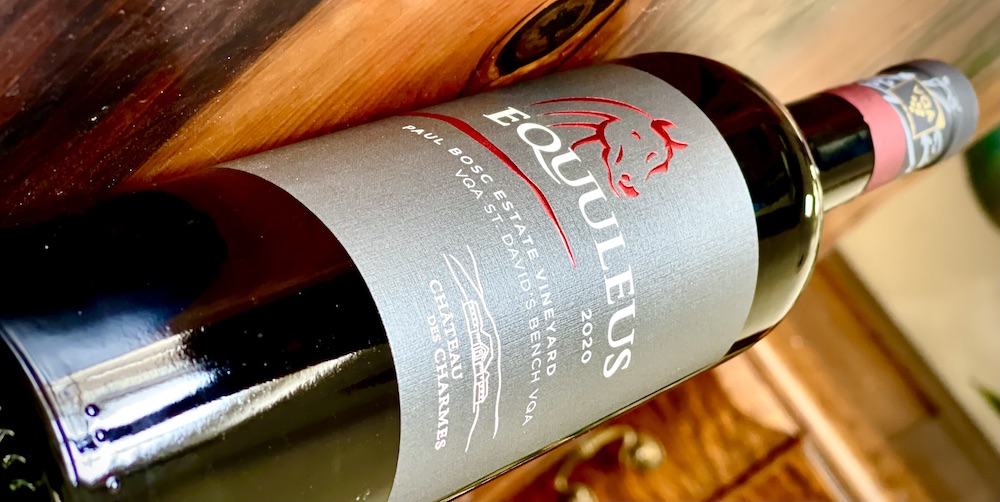
Chateau des Charmes Equuleus 2020 ($60, 95 points) — The Paul Bosc Vineyard is located on York Road (across the street from the chateau). It was planted in 1983 and 1984 with the first harvest in 1988. It consists of 44 acres planted to Chardonnay, Cabernet Franc, Cabernet Sauvignon, Merlot, Pinot Noir, Riesling, and Sauvignon Blanc. The soil is a combination of Smithville clay loam and small pockets of Haldimand clay loam. The blend for the Equuleus is 50% Cabernet Sauvignon, 25% Cabernet Franc and 25% Merlot. The three grape varieties must have achieved at least 23.5º Brix at harvest and is aged for 16 months in 1/3 new French oak, 2/3 in used French oak then the blend rests in French oak casks for several months. I recommend decanting for at least a few hours if opening soon. Seldom does a Cabernet Sauvignon-based red blend show such a fruit-laden nose as this does. It explodes with ripe blackberries, crème de cassis, cherry-kirsch and dark chocolate that is juicy and forward with subtle earthy notes and oak spices that offer a warm embrace. It is generous, complex, and layered on the palate with a bold profile of saturated dark berries, licorice, dark cherry extract, a hint of eucalypt, rich baking spices, mocha, toasted vanilla bean, caressing tannic structure a long, long finish lifted by electric acidity. This is one beautiful wine that comes with a caveat … to realize its full potential, give it the time it deserves in your cellar. Try a minimum of two years but you will be richly rewarded with 10-15 years of cellaring.
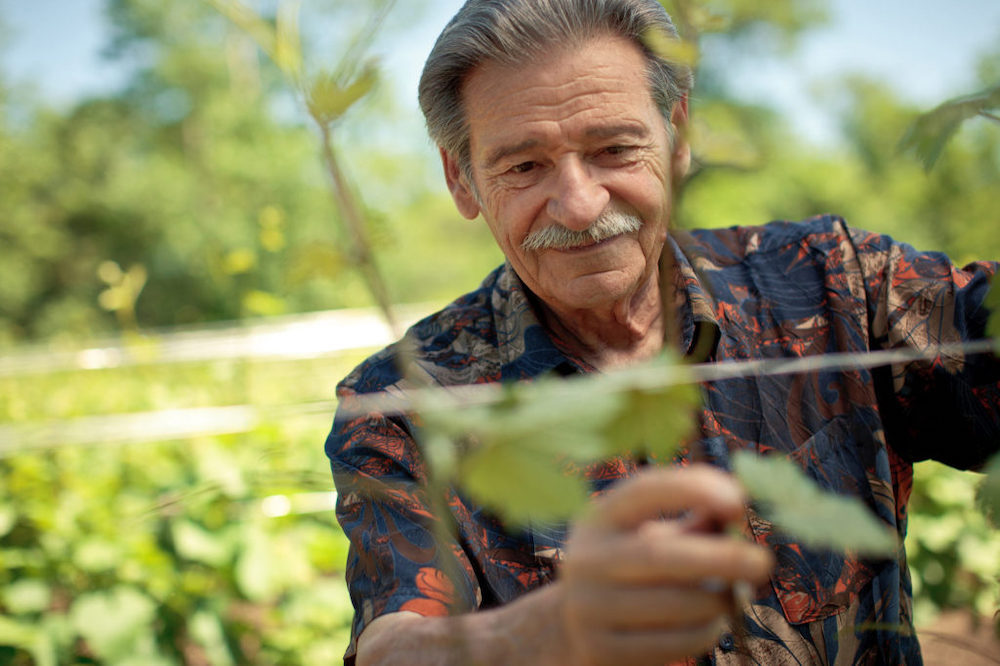
A sad note: Paul Bosc Sr., the founder and visionary of Chateau des Charmes, sadly passed away on Dec. 2. Among the many legacies he leaves behind is the creation of this iconic wine first released in 1998. It just may have been Niagara’s first “First Growth” Bordeaux blend and has garnered attention from discerning collectors since the very first bottling. It has always been a stunning wine in the vintages it is made. Rest in peace, Paul Bosc, what you did for Canadian wine will never be forgotten.
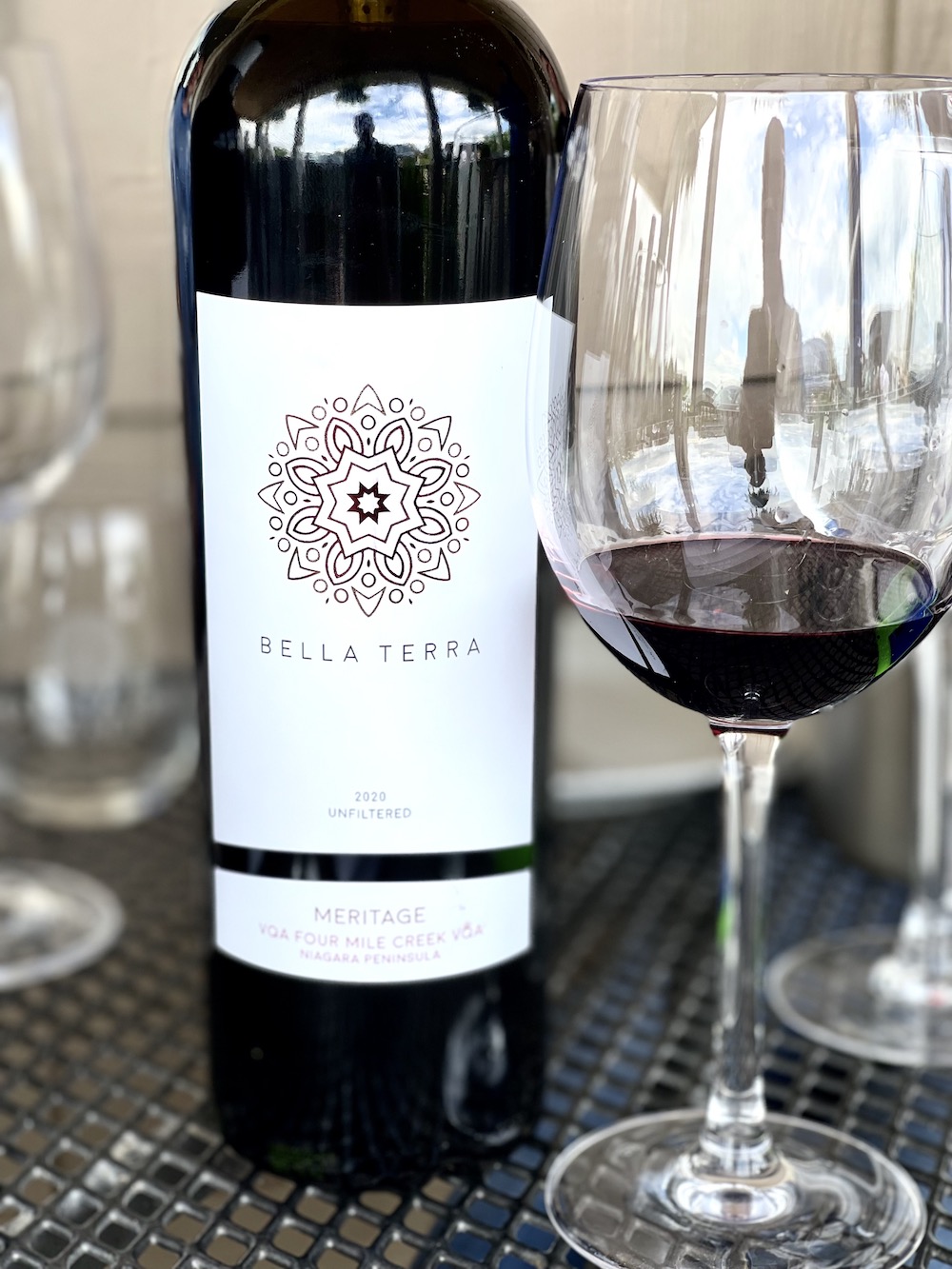
Bella Terra Meritage 2020 ($50, 94 points) — The blend for this special meritage is 40% Cabernet Franc, 25% Cabernet Sauvignon, 25% Merlot and 10% Malbec sourced from the best barrels made at the estate. It’s magical on the nose with such an elegant array of sweet oak spices, black cherries, warm blueberry pie, black currants, mulberries, lifted perfume notes, and beautifully integrated spices. It all comes perfectly together on the palate in a melange of blackberries, blueberries, black currants, macerated cherries, wild summer raspberries, brambly, subtle earthy/forest floor notes, lovely spice, polished tannins, and a smooth, long finish with finesse. Tuck some away in the cellar in forget about them for a decade.
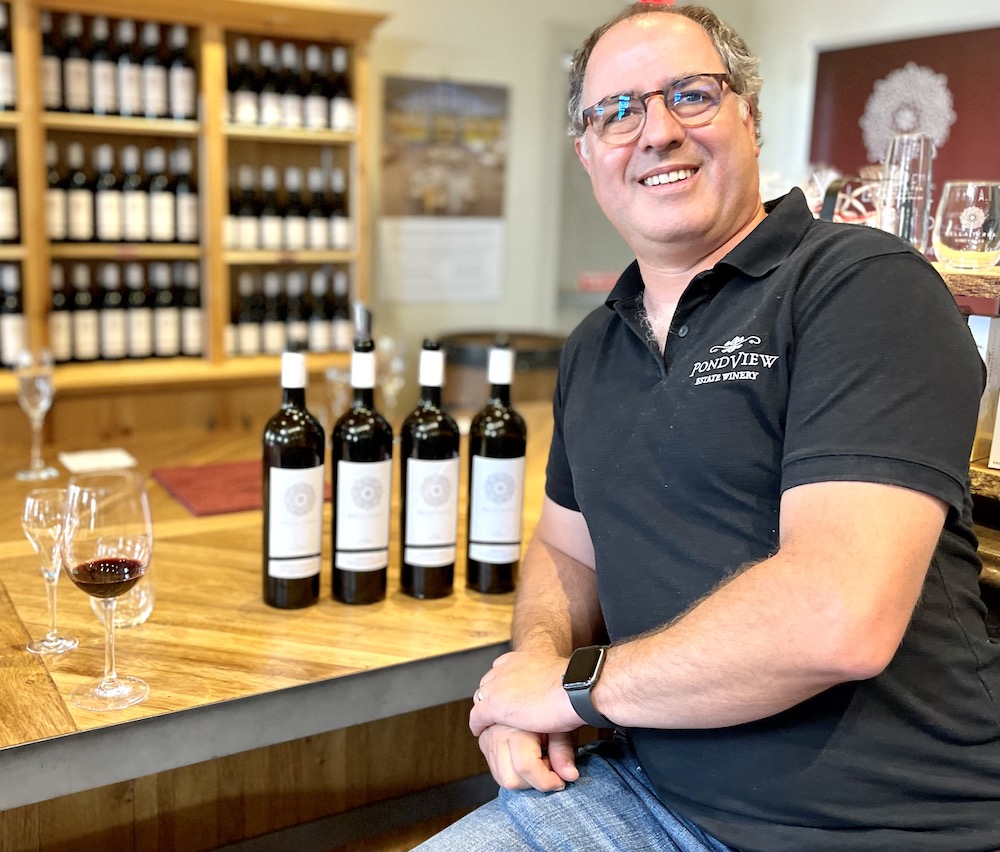
The thrill factor: Winemaker Fred Di Profio has been quietly making wine in Niagara for, well, a very long time. He just might be the busiest winemaker in the region with his gig at Bella Terra, now also at AMO (see below), his own brand Fred Wines, not to mention his prior job making wine at his family’s former winery Di Profio. I don’t know how he juggles it all, but somehow, he keeps turning out beautiful wines like this red blend.
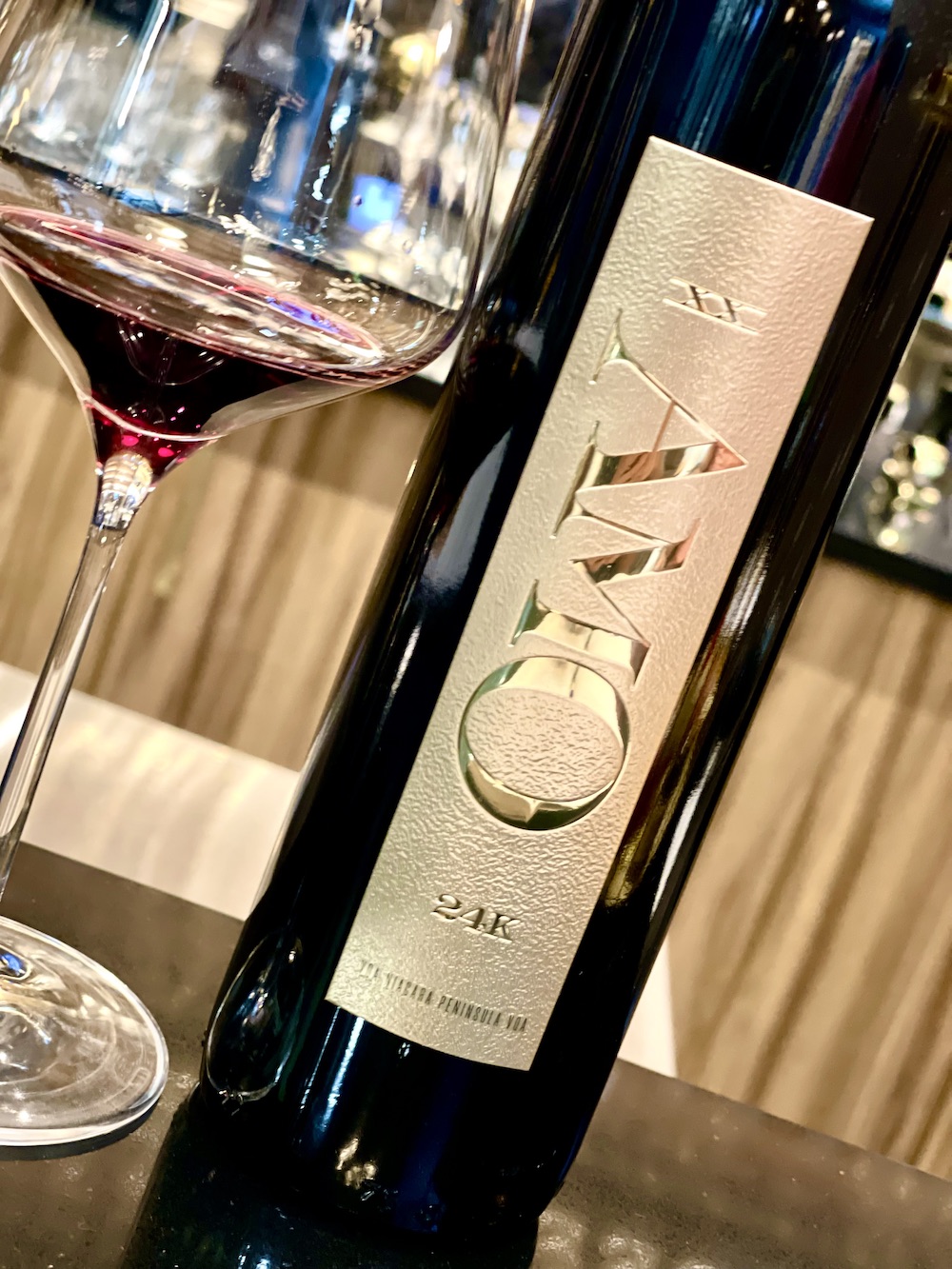
AMO Lux 24k 2020 ($120, 94 points) — The blend for this top of the table red wine is 37.5% Cabernet Sauvignon, 37.5% Merlot and the rest Cabernet Franc. This, too, is aged in 100% French oak for 25 months (20% new oak). It’s one of the most interesting and exciting red wines I have tasted from the perfect 2020 vintage. Such lovely perfume on the nose and a dense, profoundly rich melange of ripe red berries, wild blueberries, cassis, tar, forest floor and savoury notes with fine oak spices and charred cedar accents. The generous array of compoted red berries, anise, blackberries, black currants, and earthy/savoury notes on the palate held together by firm tannic structure that all leads to a finessed finish that echoes for minutes. This is a real beauty for cellaring 10+ years.
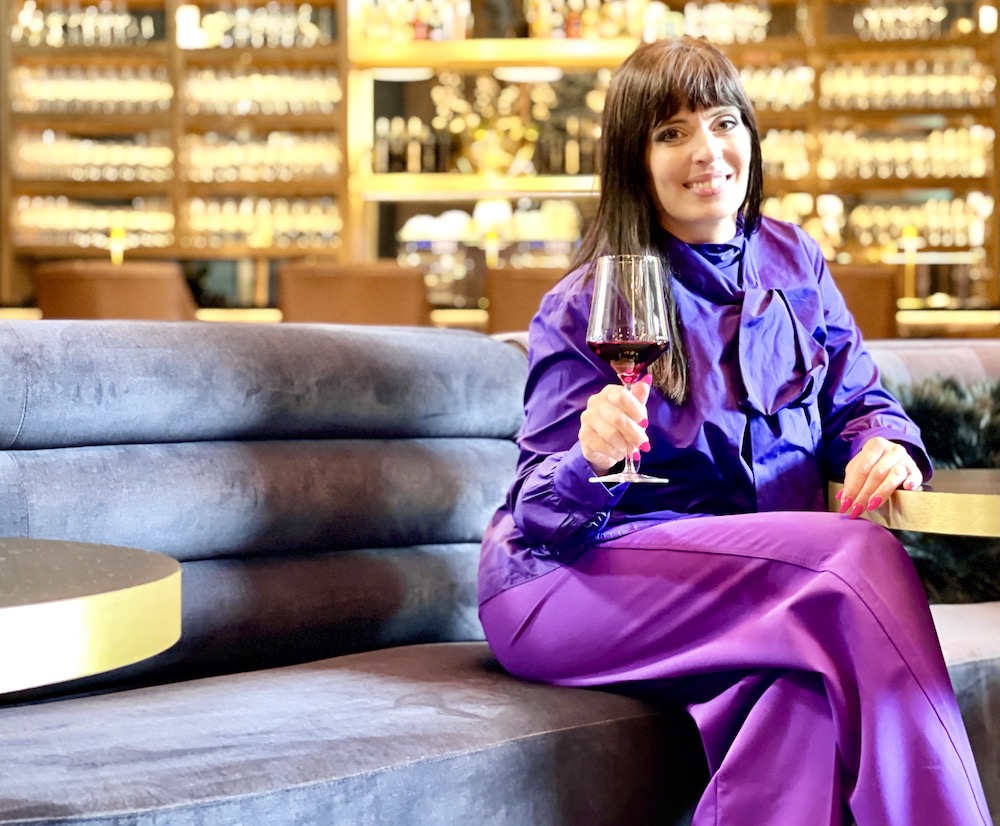
The thrill factor: This is one four new(ish) wineries on our thrill list for 2020. AMO is a project by Tara Colaneri, whose family owns the Colaneri Winery down the road from AMO in Niagara-on-the-Lake. Di Profio makes the wine and Colaneri sets the tone at this flamboyant and glitzy estate that is all about style, glam and luxurious wines. The Lux 24k is all of that and wrapped up into one flagship wine. Not sure you will find a more passionate winery owner than Tara Colaneri.
Last year’s Most Thrilling wines
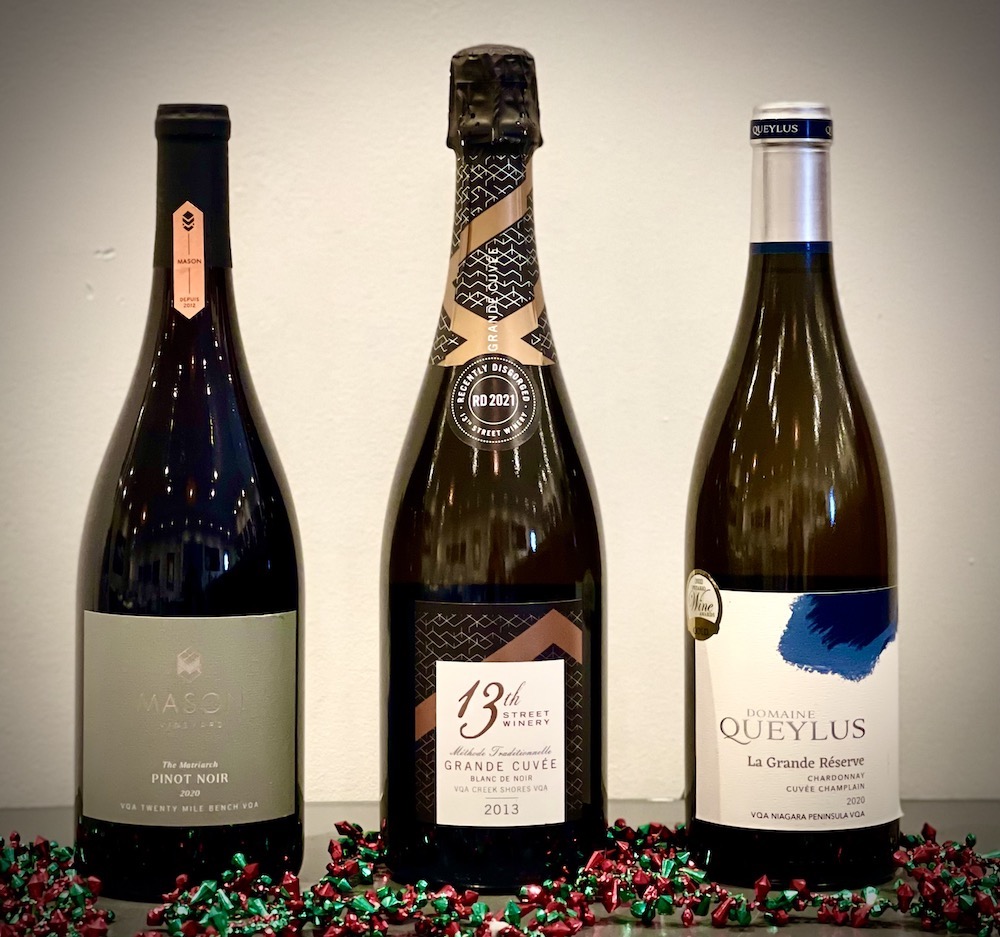
To see a list of last year’s most thrilling wines of the year, click here.
About VQA Wines of Ontario
and Wine Country Ontario
VQA Wines of Ontario and Wine Country Ontario are brands promoted by the Wine Marketing Association of Ontario. Visit Wine Country Ontario to discover the unique qualities of our authentic VQA wines that are made exclusively from 100% Ontario-grown grapes. Wine Country Ontario features Ontario’s wine-growing regions – from the wines and wineries themselves to the complete experience of each destination: local cuisine, year-round activities, and warm hospitality.
Note: VQA Wines of Ontario/Wine Country Ontario, did not have a say in the wines on this list or see the list before it was published.
Note 2: Special thanks to Chef Andrew McLeod, owner of Bolete, for photo location on some of the bottles, and Elena Galey-Pride at Winestains for help sourcing photos.







Hi Rick from a retired Niagara Winemaker and Happy New Year! I can’t say how much I enjoyed your article “Thrilling Wines” with its great writing, wonderful insights, and fine photos. Of course, when you make lists like this, there is always the fear of missing someone or offending another, but you have nicely outlined your rational. I need to visit Niagara soon to try to find some of these wines, although, unfortunately, most are beyond my budget. I note that most are made in very small quantities, with grapes from very good sources, and at their price levels, it is a shame that more people will not have the opportunity to taste them. How many consumers can actually afford $50 or more for a bottle of wine ($10 a glass and up!!)? Still Ontario needs to start a vineyard classification of some sort and even vintage consideration, something which most wine regions have and we still don’t. I also feel that the word ‘terroir’ needs clarification (or definition, but good luck with that) and that we have to avoid the word ‘best’ in talking about vineyard sites and wines themselves – for some of the reasons you suggest. The individual grower and individual winemaker also play a big part in the end result. Wish you were writing for the Hamilton Spectator. All the best. Jim Warren
Thank you so much for your comments, Jim, you raise many great points. On pricing, it’s a difficult conversation especially when it comes to the format of a “thrilling” wine list. Niagara and Ontario make some very fine wines at much lower prices and those wines should find a spot on a list somewhere, maybe a separate category for best value wines of the year? I have a year to think about that. On vineyard classification, that is being hotly debated behind the scenes, and I am betting it will happen, but likely a few years from now. I can think of at 10 vineyards that have proven over time to rise above the others and should be permitted to have some sort of “Niagara Cru” status. All the best in 2024! Rick
I agree with Jim, I am sure for instance the Kirby wine is a great wine but $108 per bottle? I get that the government has its hands in the pockets of the wine industry but to me it is prohibitively expensive and although I have not tasted it, I would find it hard to believe it would be comparable for a right bank Bordeaux or a Washington State Merlot from say Red Mountain AVA. The prices of Ontario wines have honestly become shocking and in reality a better bottle can be had for a lesser price.
Mike, but if you haven’t tried it, how do you know? I love Bordeaux and have many right and left bank Bdx in my cellar (no Washington, however, though have tried many), but Kirby’s Merlot is nothing like either, probably more in the middle. You really have to at least try it and decide if the price fits your palate. I’ve spent way more money on a right bank Bdx and have been disappointed and I don’t have to wait 20 years for the Kirby to come around and be drinkable.